The Making of Karateka proves the best way to tell gaming history is with a game, and the rest of the industry must follow its lead
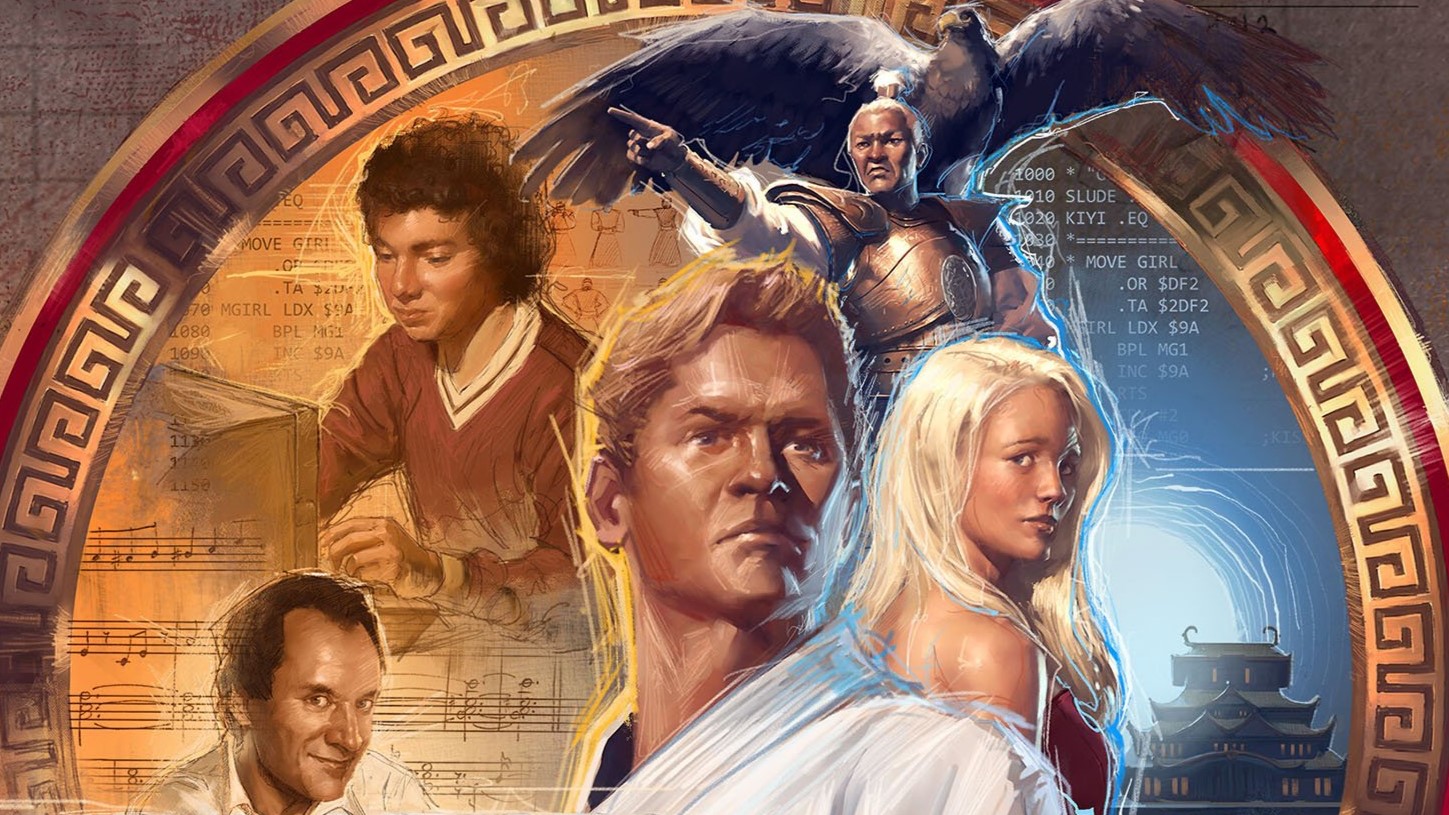
The Making of Karateka is great. The entire industry developing docugames just like it would be even better.
It's incredible enough that one of the most influential video games in history was made by a teenager. But what cements Digital Eclipse's The Making of Karateka as a groundbreaking encapsulation of that history is young Jordan Mechner's dutiful chronicling of his fledgling journey into game design. Since its release in late August, The Making of Karateka has been rightfully lauded as a vital experience for anyone interested in game history and preservation.
Frankly, this success was only possible because Mechner, clearly the sort of person inclined toward careful documentation for his own satisfaction, wrote detailed journals and kept the production materials—scraps of tracing paper, Super 8 films, concept art, old floppy disks, sheet music, scrawled notes, neatly-typed letters to Broderbund, and a pile of '80s period ephemera that almost makes me regret going full Marie Kondo when I cleared out my old room at my mom's house.
Digital Eclipse took full advantage of Mechner's historical hoard to include playable versions of early Karateka prototypes, new ports for multiple platforms, work-in-progress builds, and a new version of Karateka that includes features that didn't make it into the final retail version.
Karateka was the first game of its kind to incorporate rotoscoping, cutscenes, and a clever musical score with rousing leitmotifs (Jordan’s father Francis Mechner's most distinct contribution, by way of Richard Wagner operas) to create a striking sense of realism, emotion, and an actual narrative in what was otherwise a fairly straightforward side-scroller.
The docugame also has a lot of helpful contextualization about the state of the industry in the 1980s. It gets across Karateka's legacy—Digital Eclipse does a fine job of catering to everyone, not just niche game historians—and the impact that these cinematic influences had on folks who bought the game.
One of my favorite parts of the docugame is a brief look at a knockoff fan-made "sequel" called Karateka II: The Wrath of Dude, made by a pure-of-heart kid named Erric Newmen for a school assignment and passed around on floppy disks. It was, if anything, one of the early precursors to what we might recognize today as a shitpost-y community mod. (Another historic treasure on display is an incredibly goofy letter from a young John Romero to Jordan Mechner.)
The emotional core of The Making of Karateka is the heartfelt relationship between Jordan and his dad Francis, a distinguished psychologist, USCF-rated chess master, portraitist, and accomplished classical pianist who gave Jordan invaluable advice on the game. He also served as a motion-capture artist for the game's pioneering use of rotoscoped movements, and was an incomparably supportive parent when it came to his son's singular determination to succeed. There's a great moment where Francis straight-up admits that he personally didn't give a hoot about video games—he simply saw how passionate his son was about them, and thought he should see this passion through to its logical conclusion.
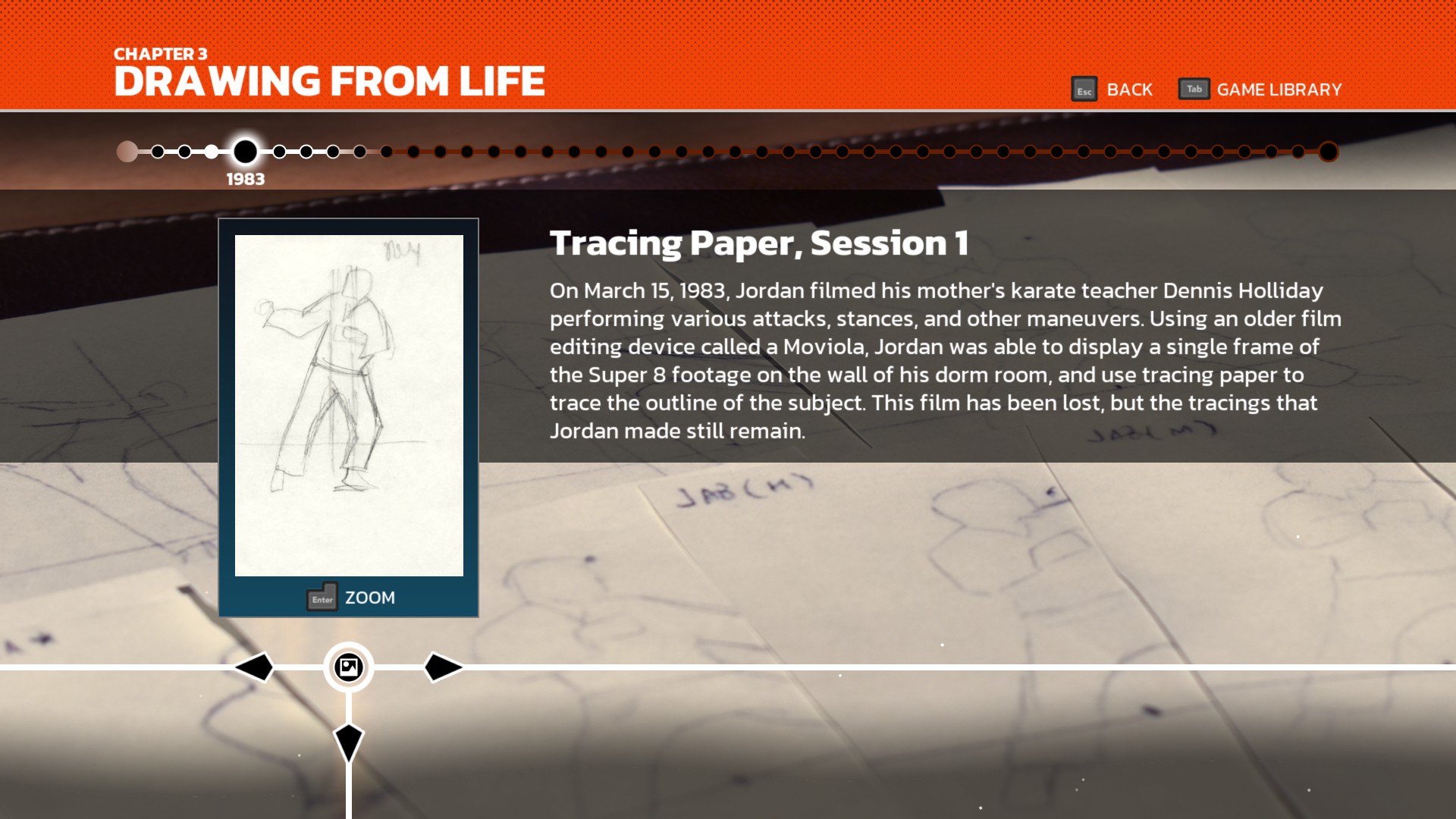
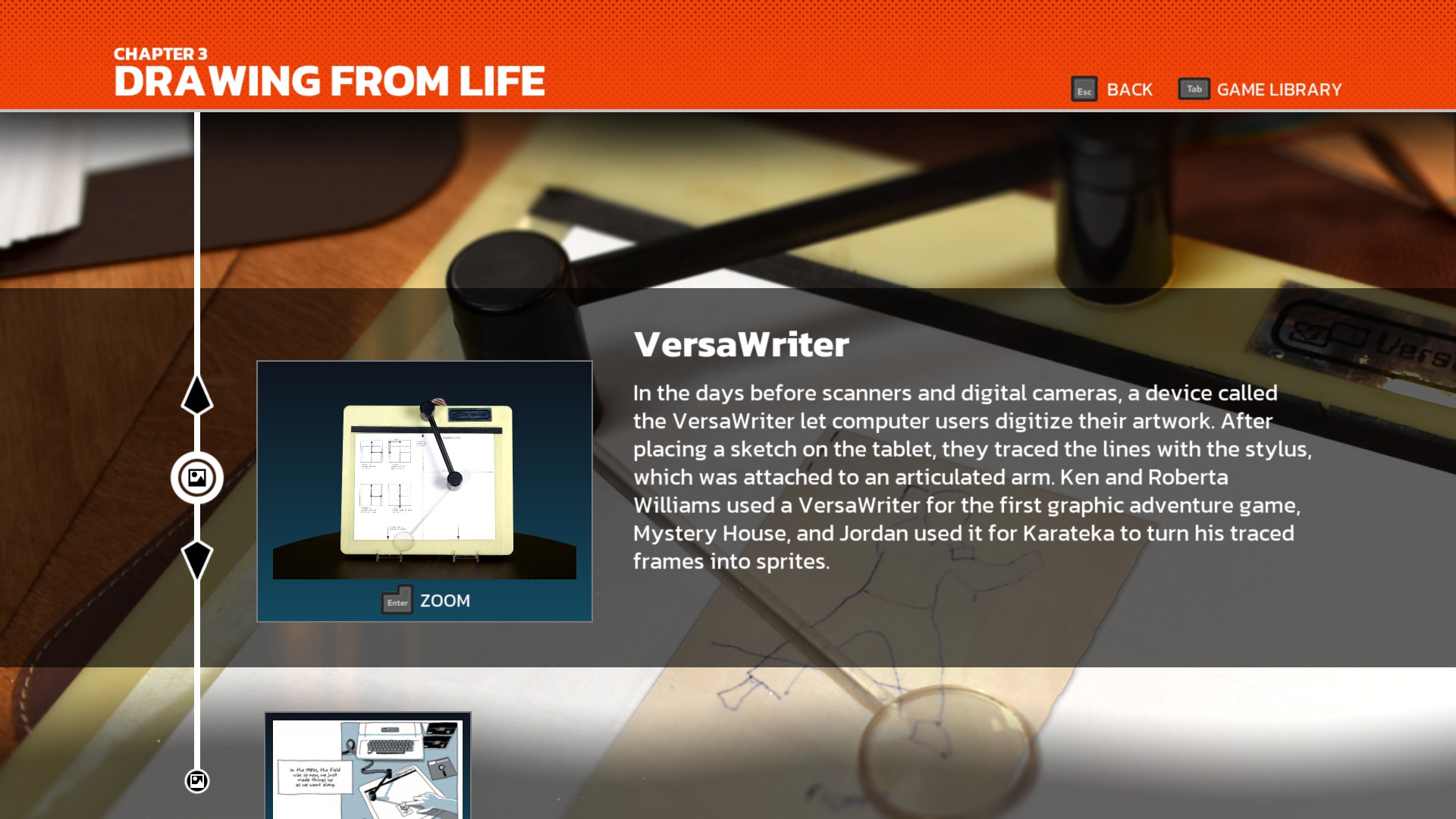
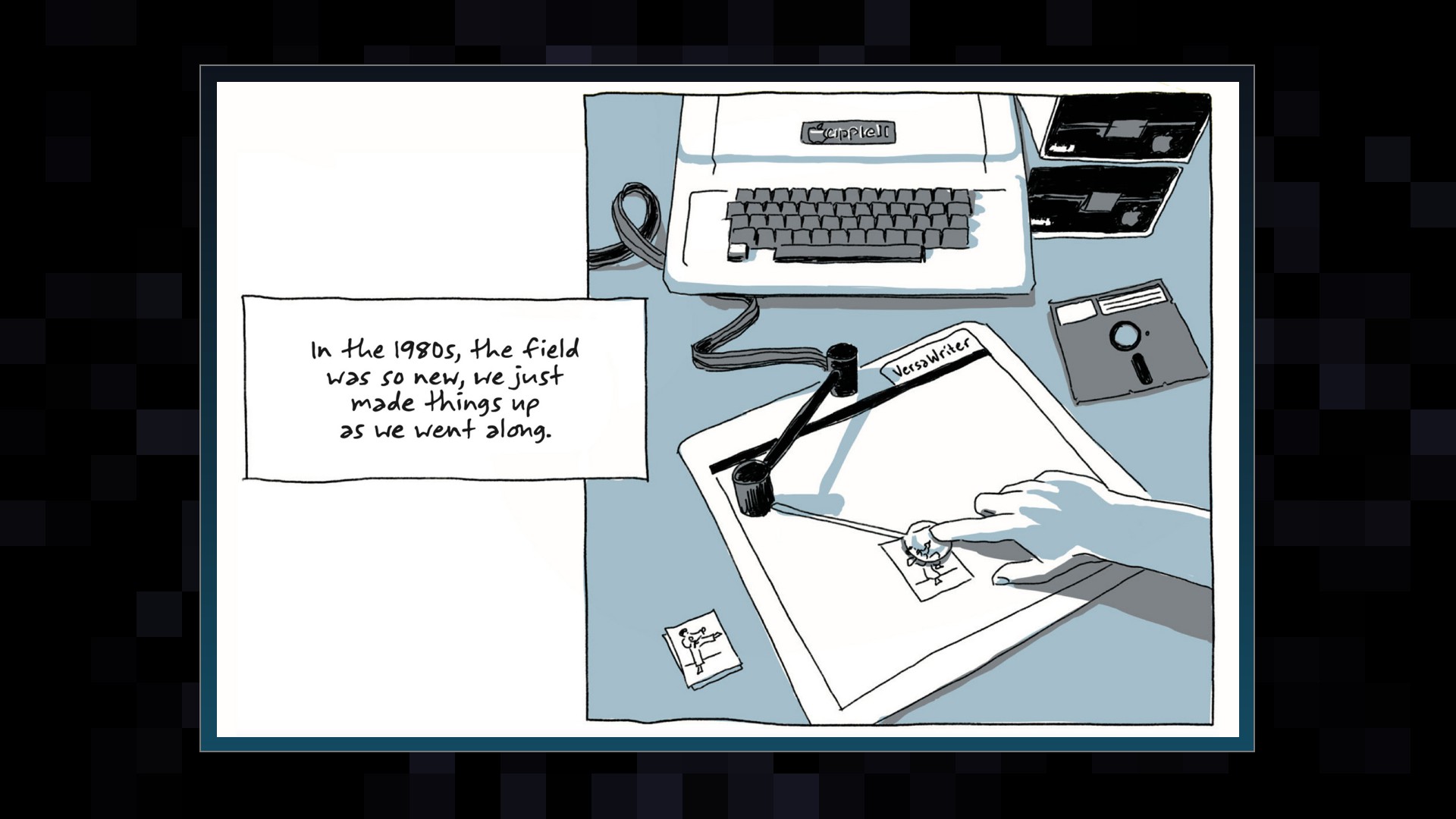
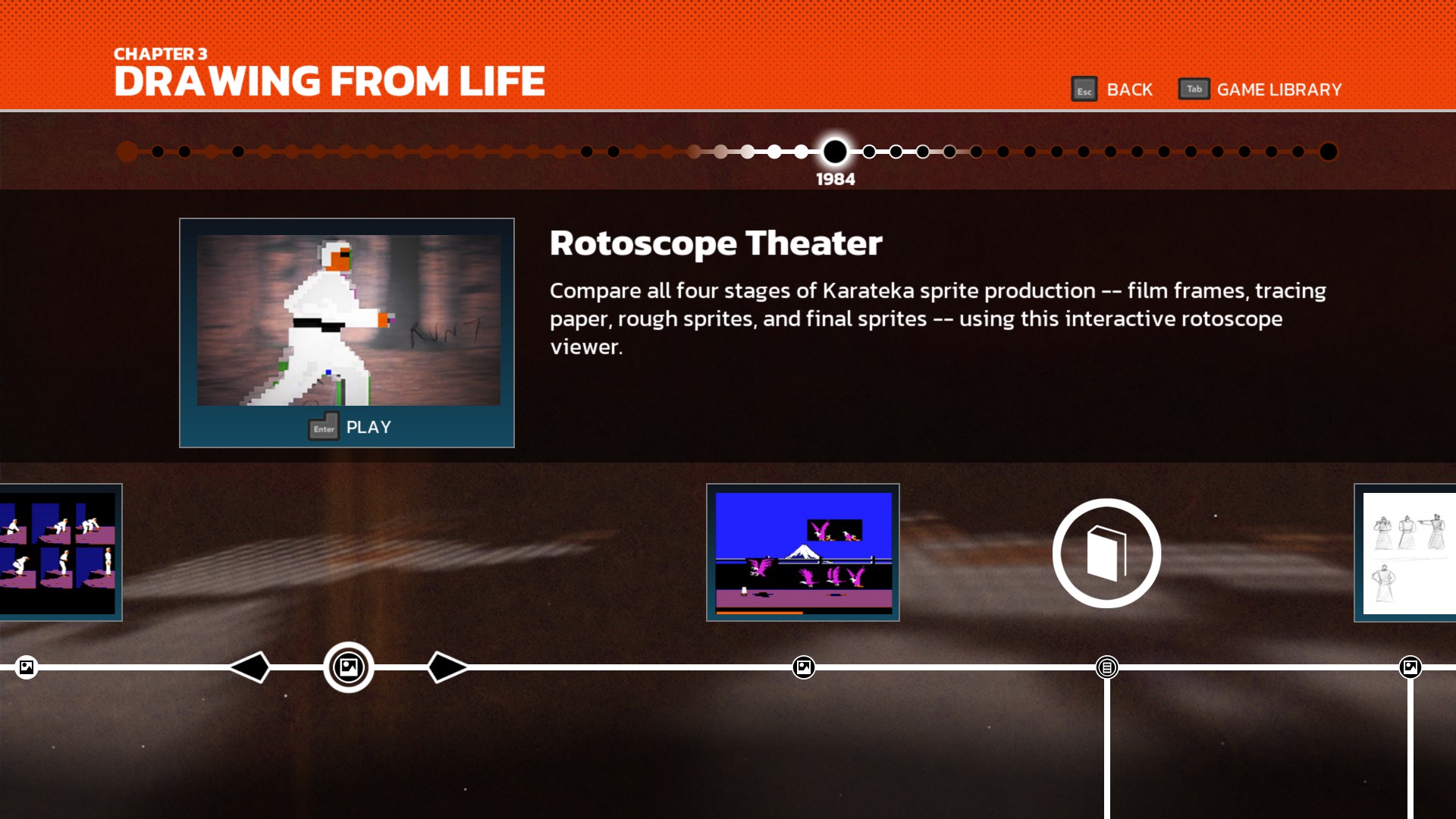
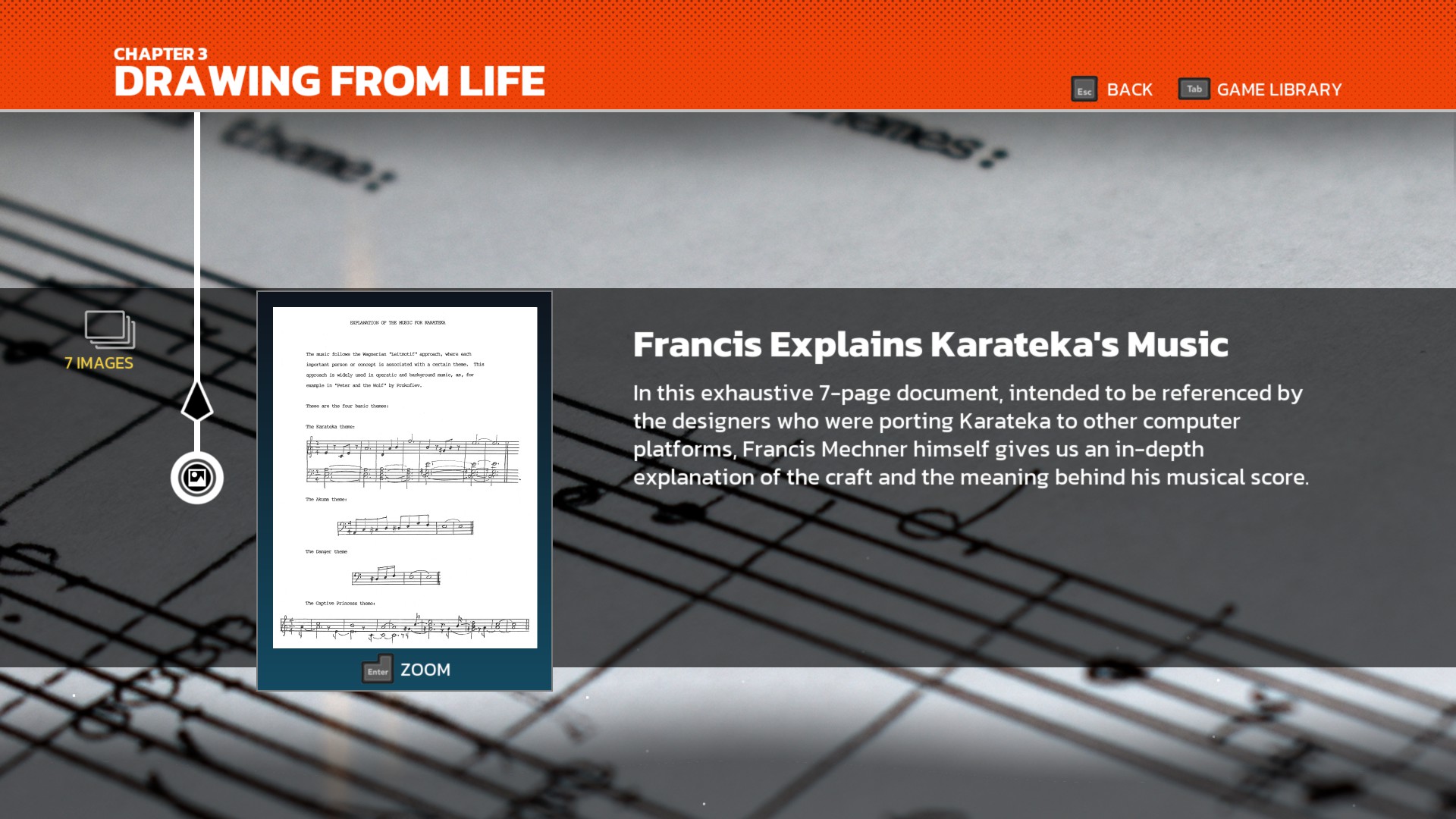
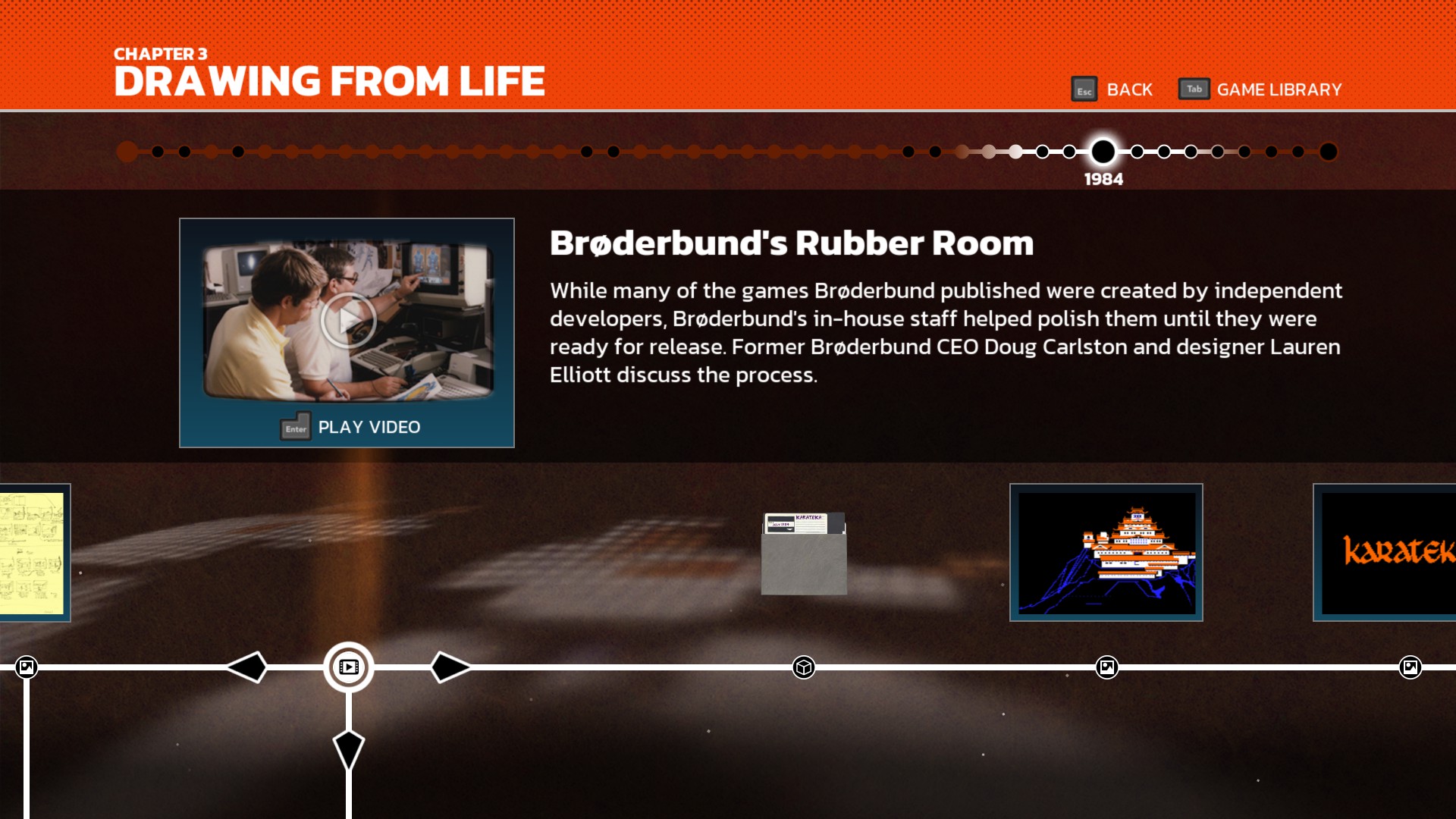
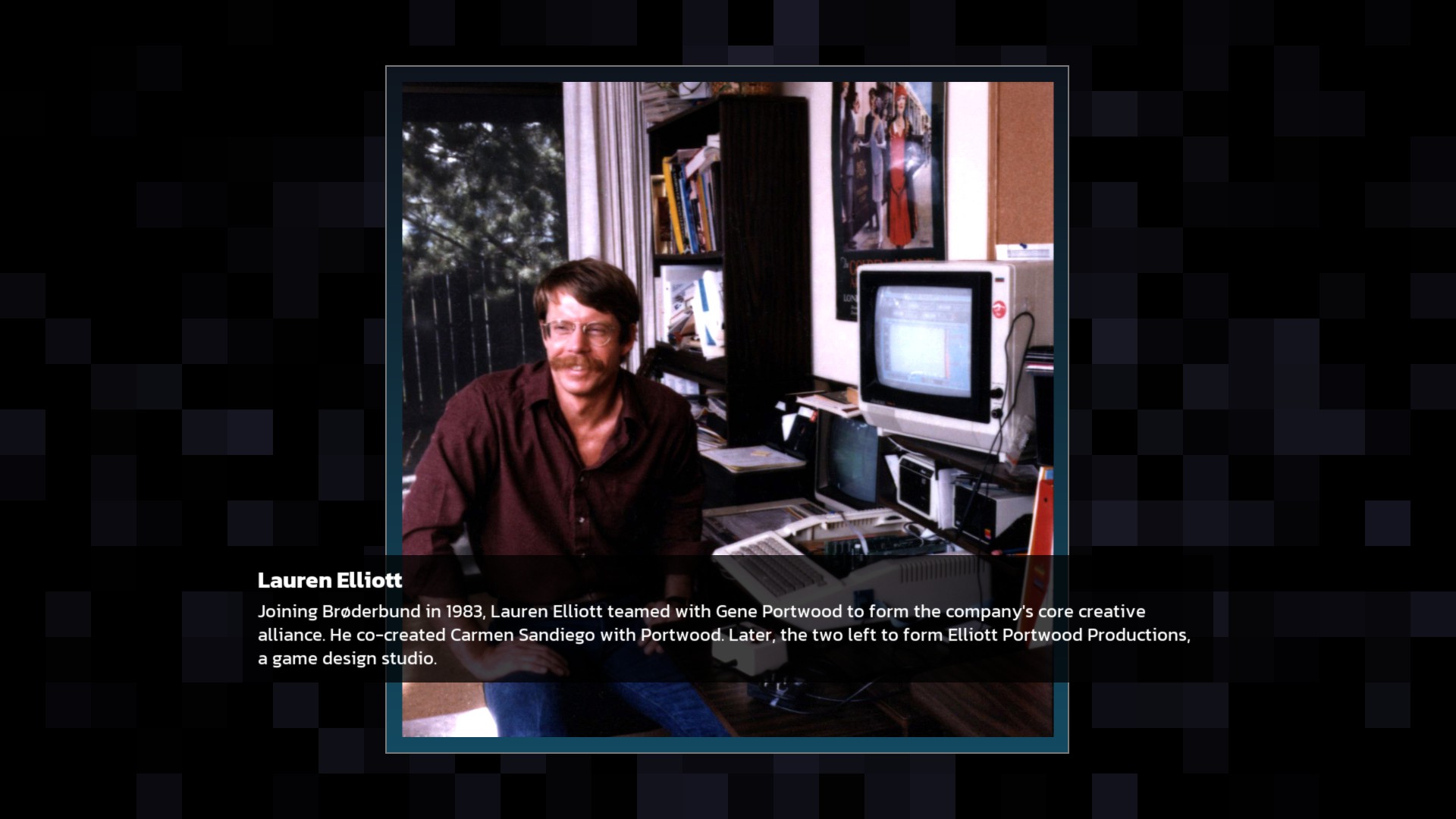
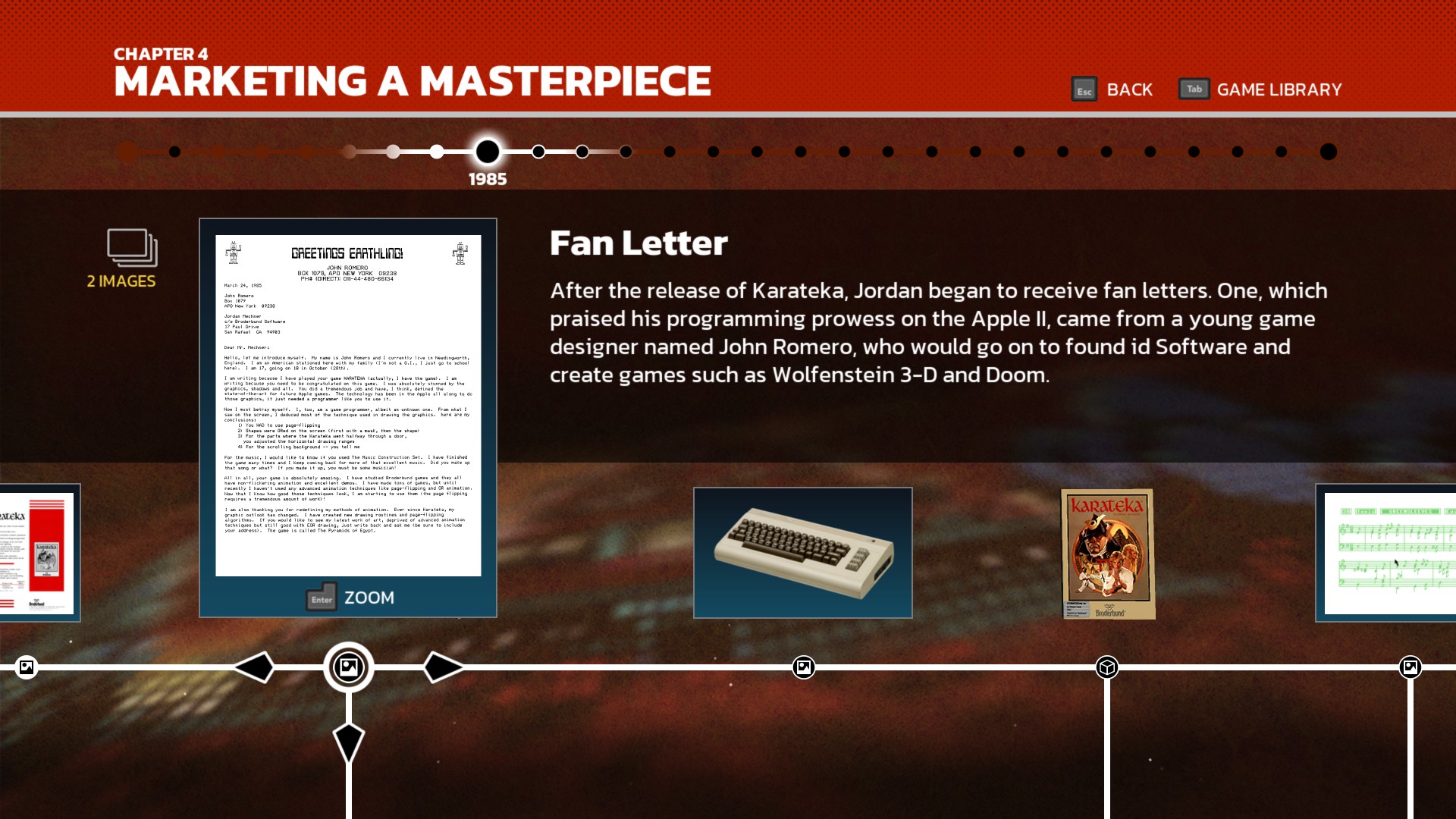
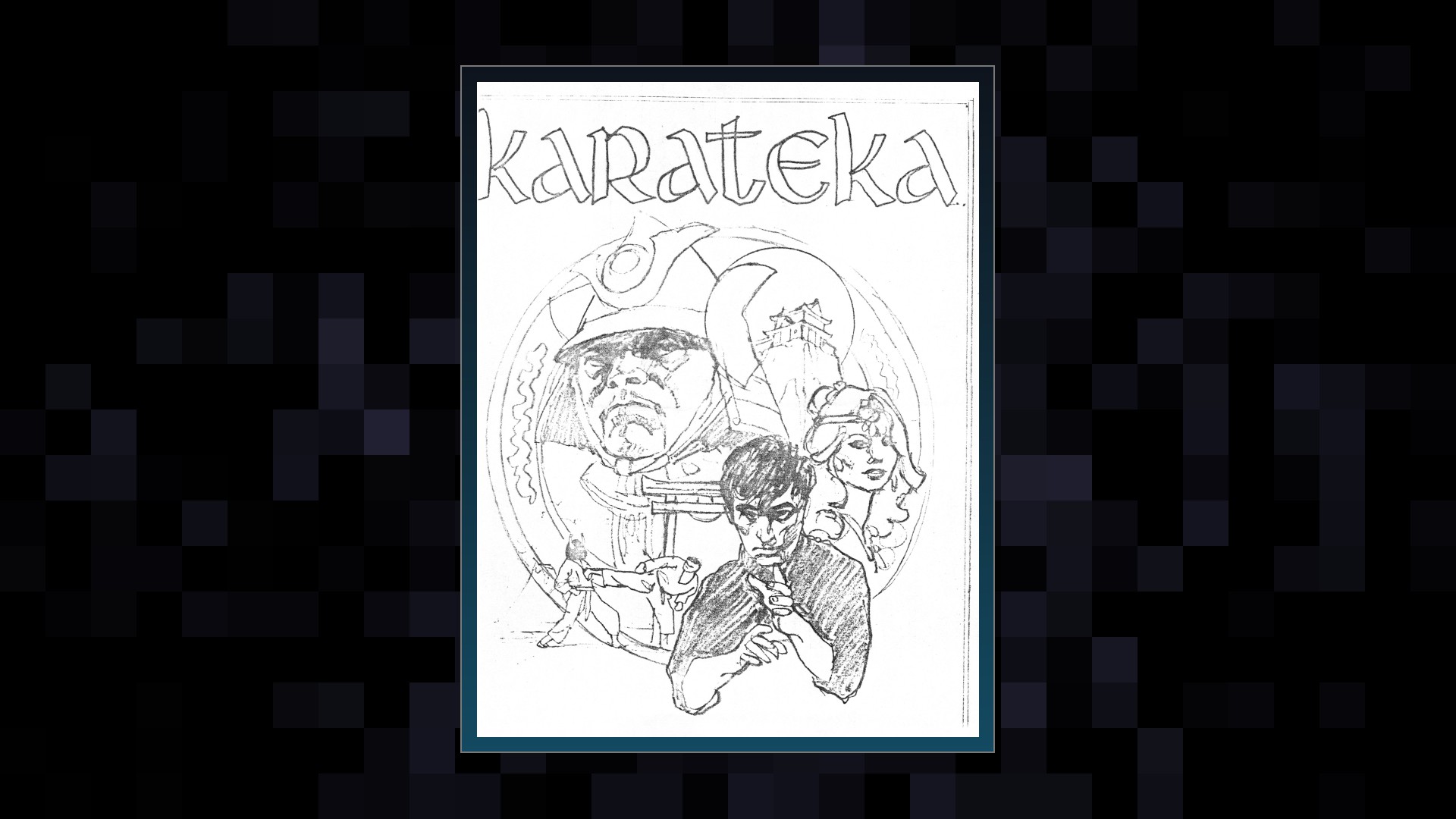
All in all, The Making of Karateka, as a unanimous chorus of critical and editorial voices will tell you, is a masterpiece of game preservation. It doesn't just immortalize a college freshman's dream—a dream that had a direct impact on game design—but paints an intimate portrait of a remarkable father-son relationship.
With an even broader lens, the docugame might've been able to prompt some critical reflection on what kids can accomplish given the "right" education, parental support, time, and confidence, or perhaps some further rumination on the incestuous influence of white western pop culture on suburban America.
Jordan's early brainstorming notes have an overwhelming amount of Lord of the Rings and Star Wars names, which is admittedly charming since he was just a kid, but also speaks to the limited cultural pool from which this eager generation of Apple II tinkerers were drawing from. That Karateka could have had a dark-haired East Asian-ish protagonist would have been mind-blowing at the time, but instead we have two blondes in a Japanese setting, with Broderbund's thin explanation that it was standard practice in Japanese manga without any self-awareness of why that might be.
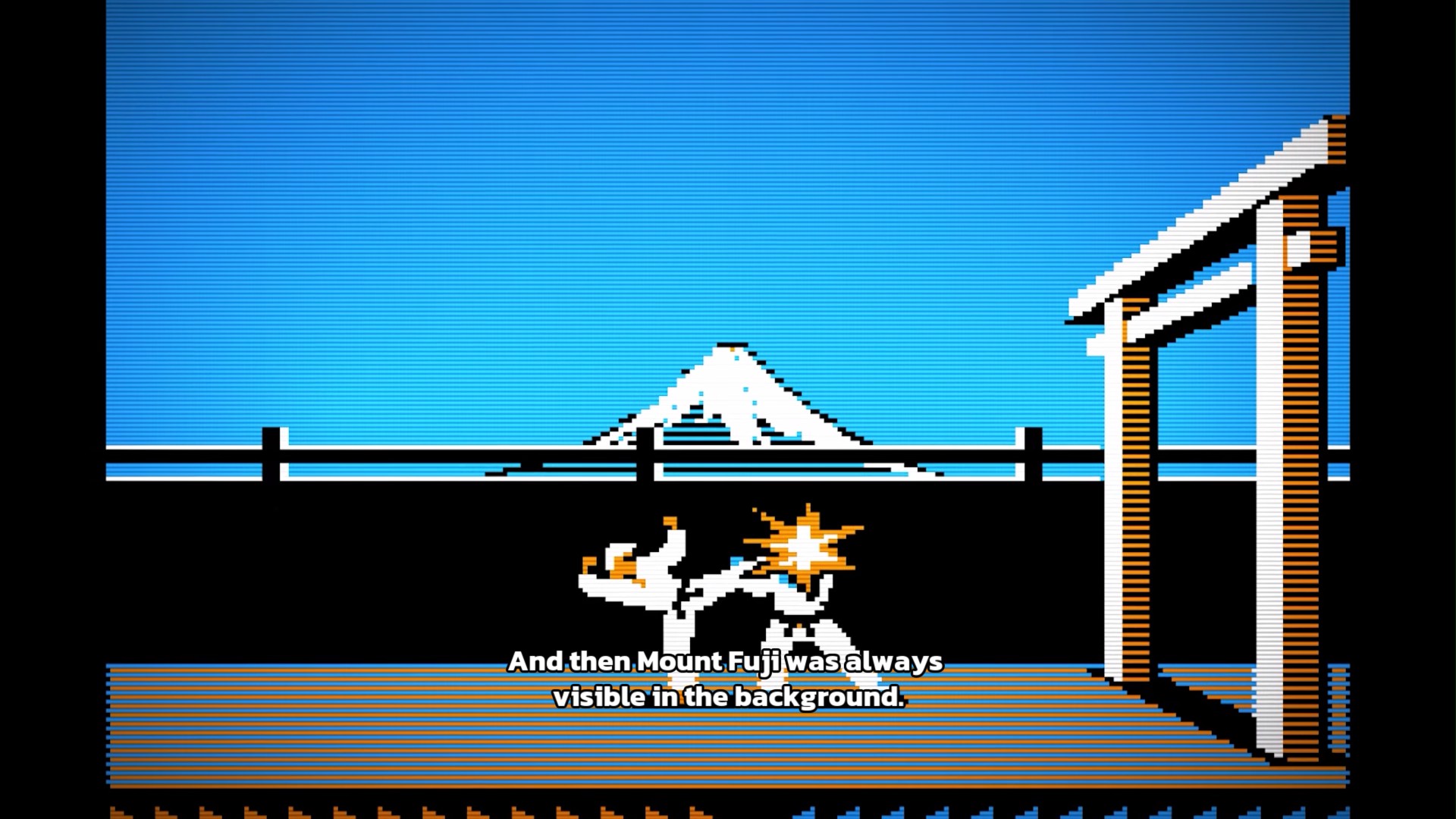
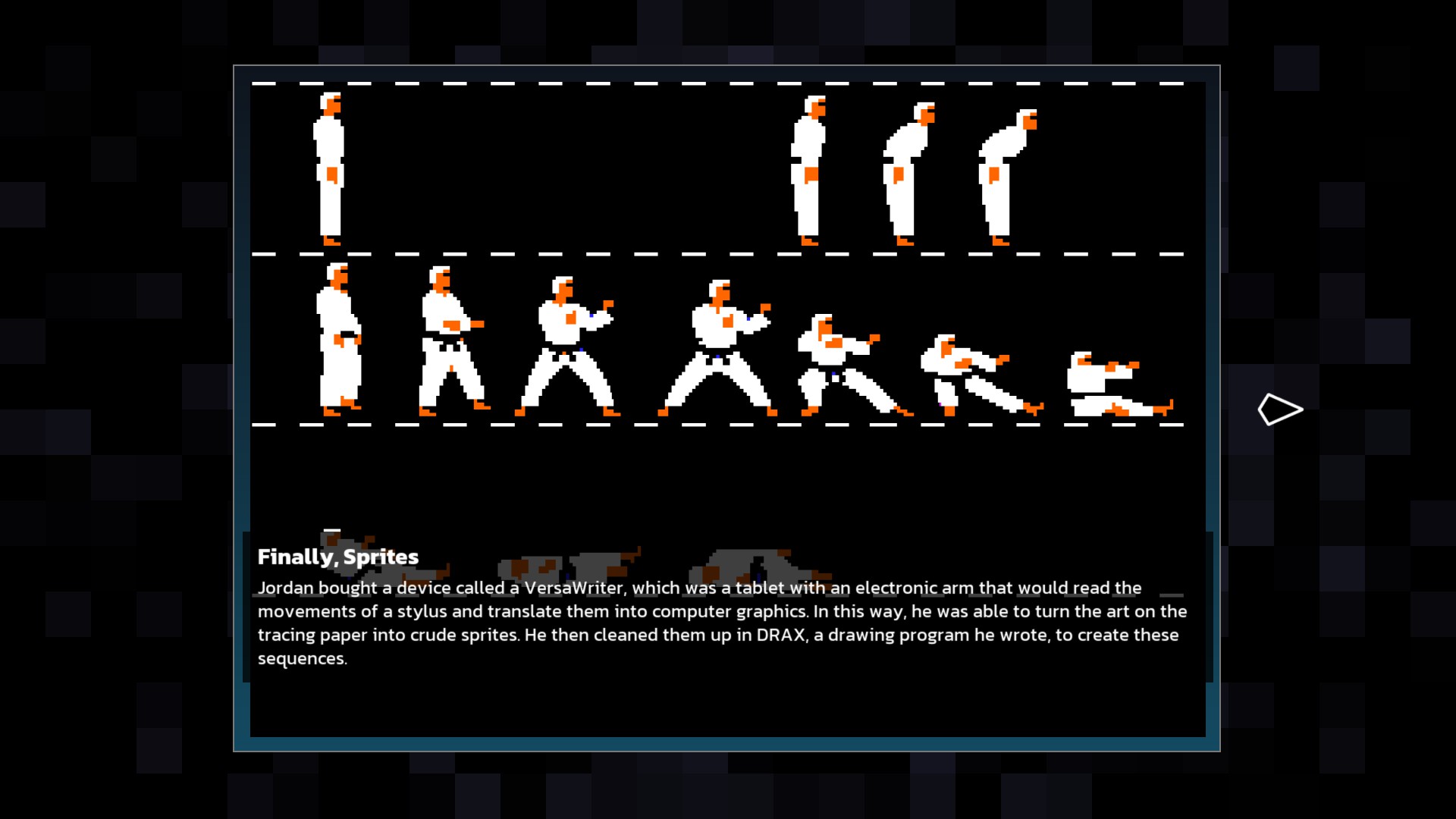
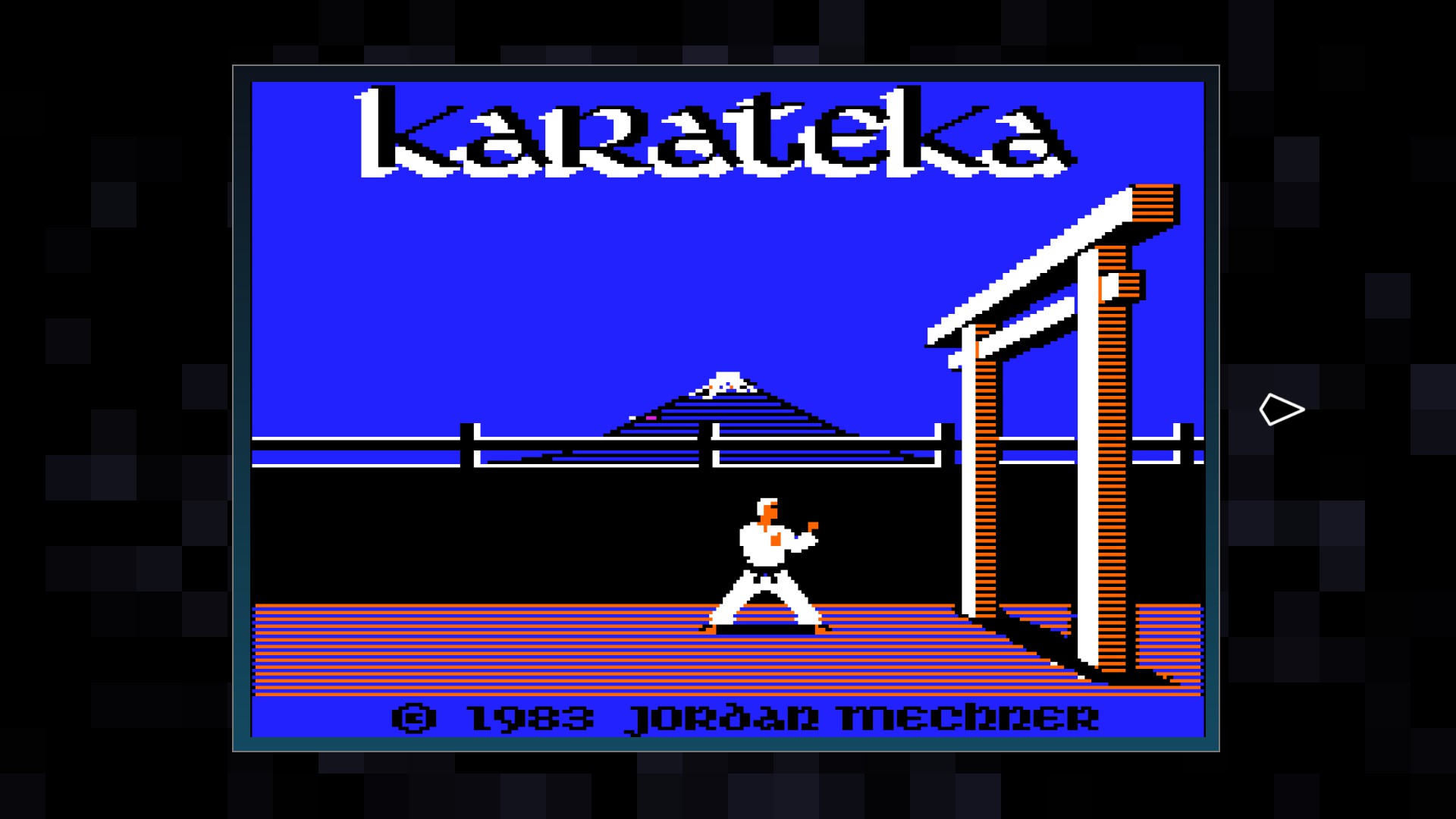
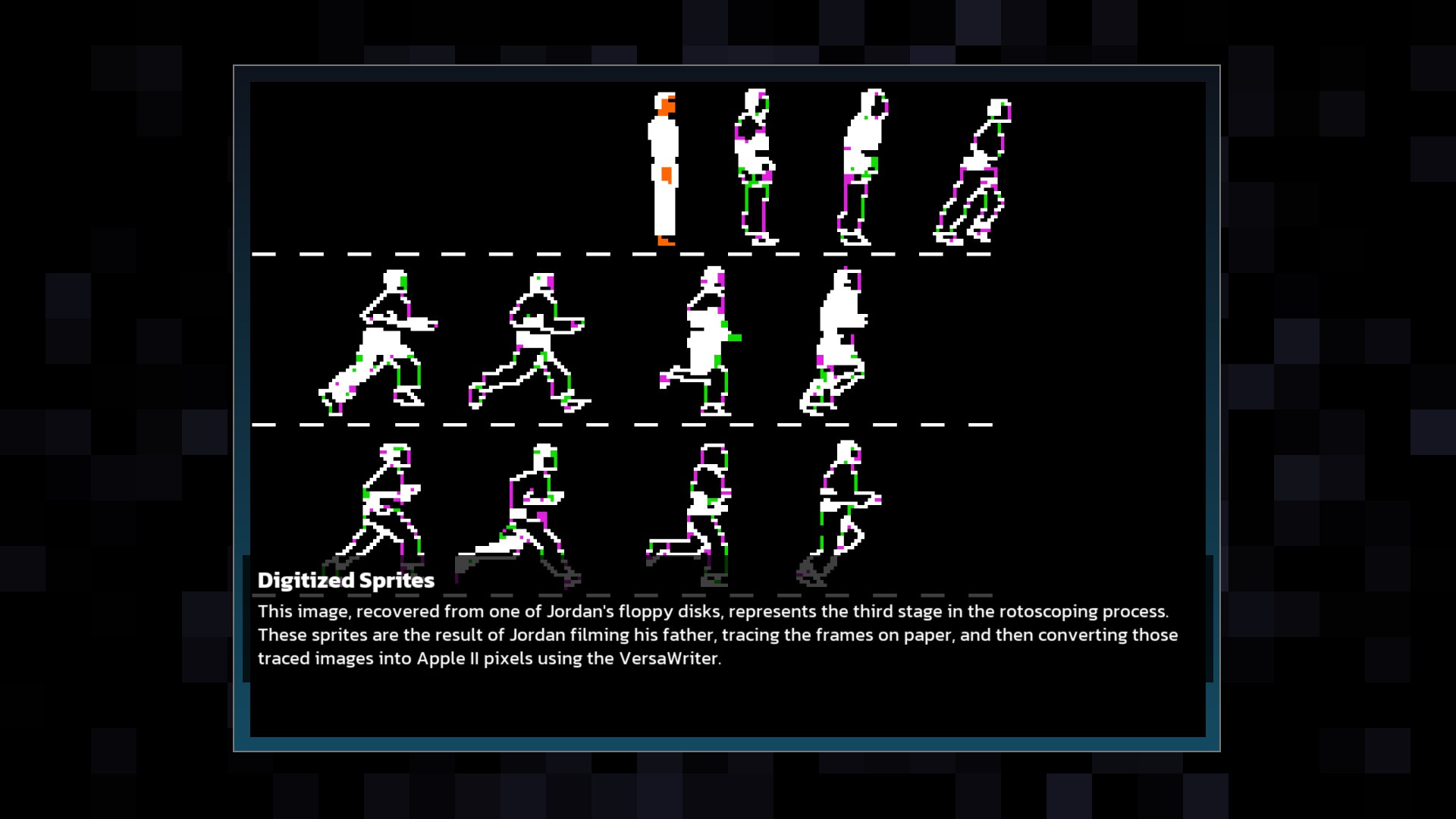
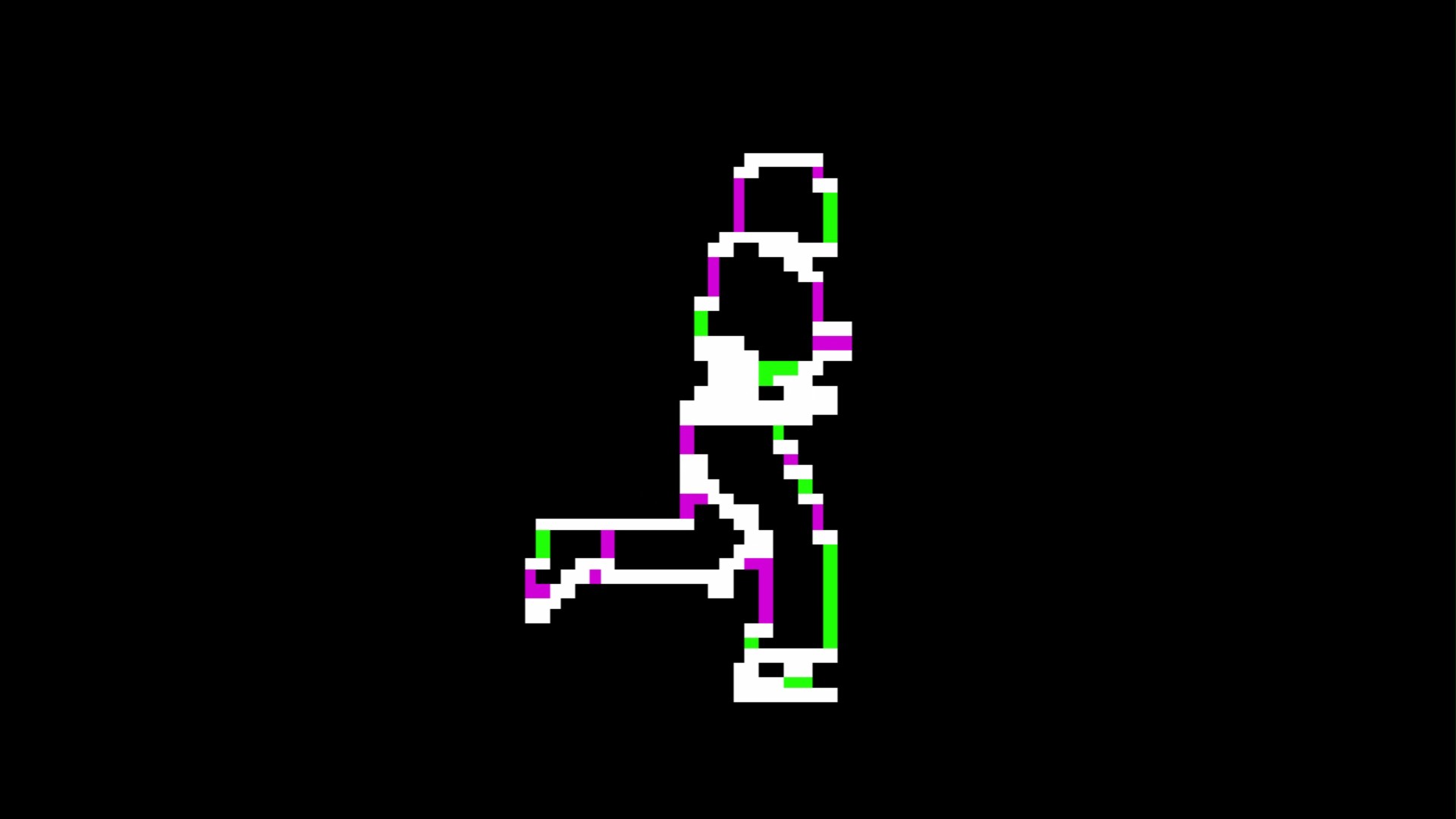
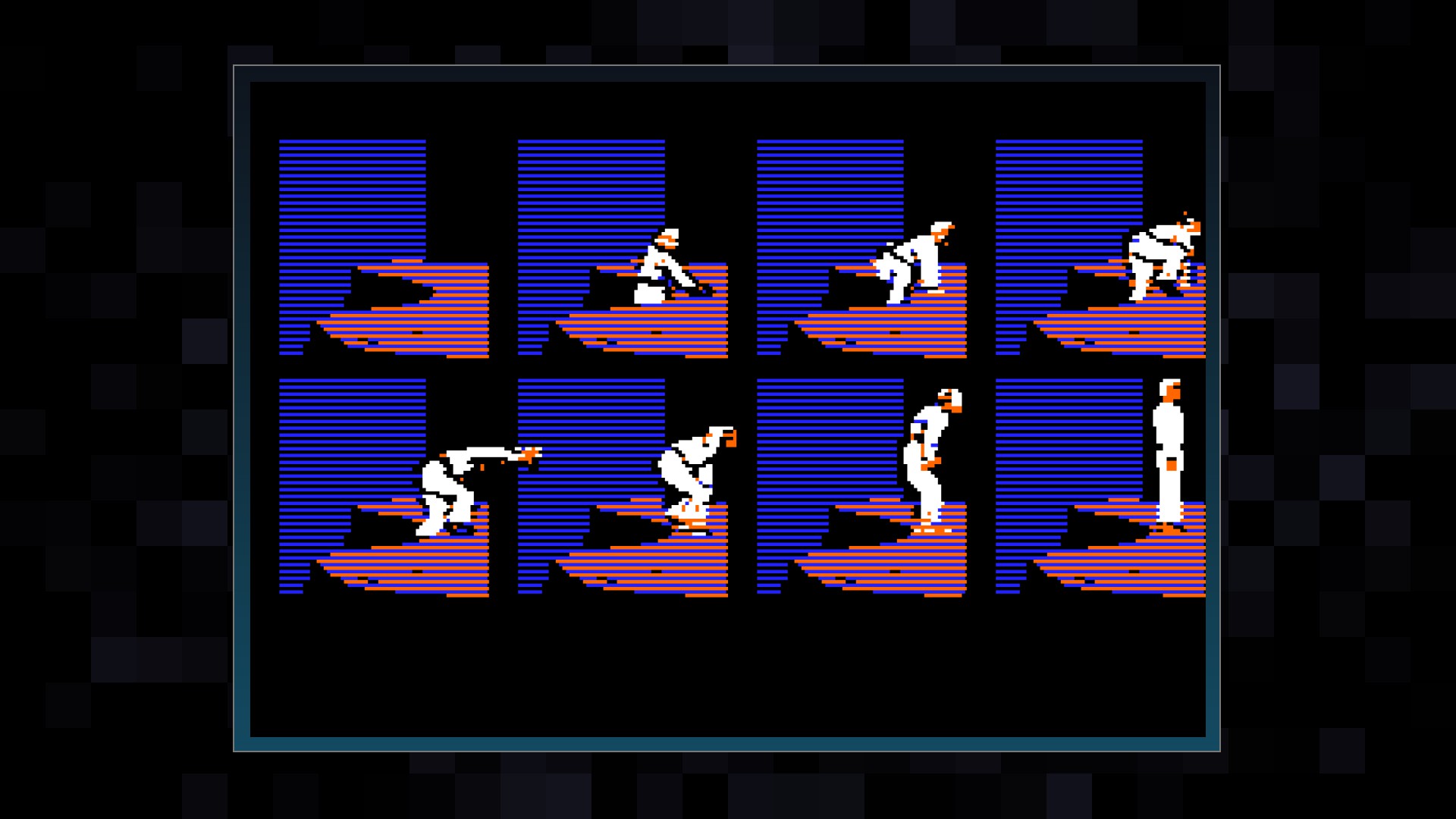
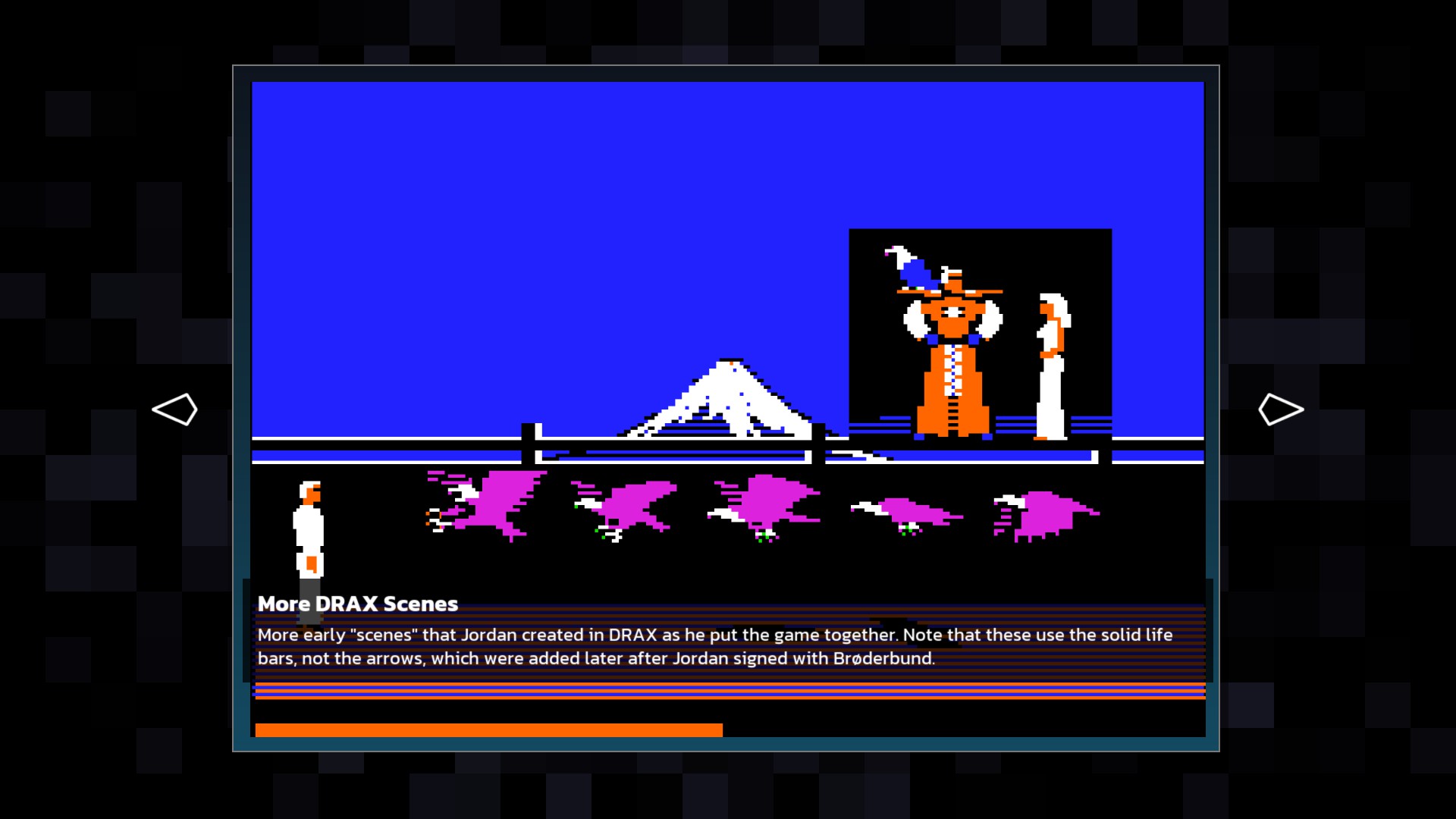
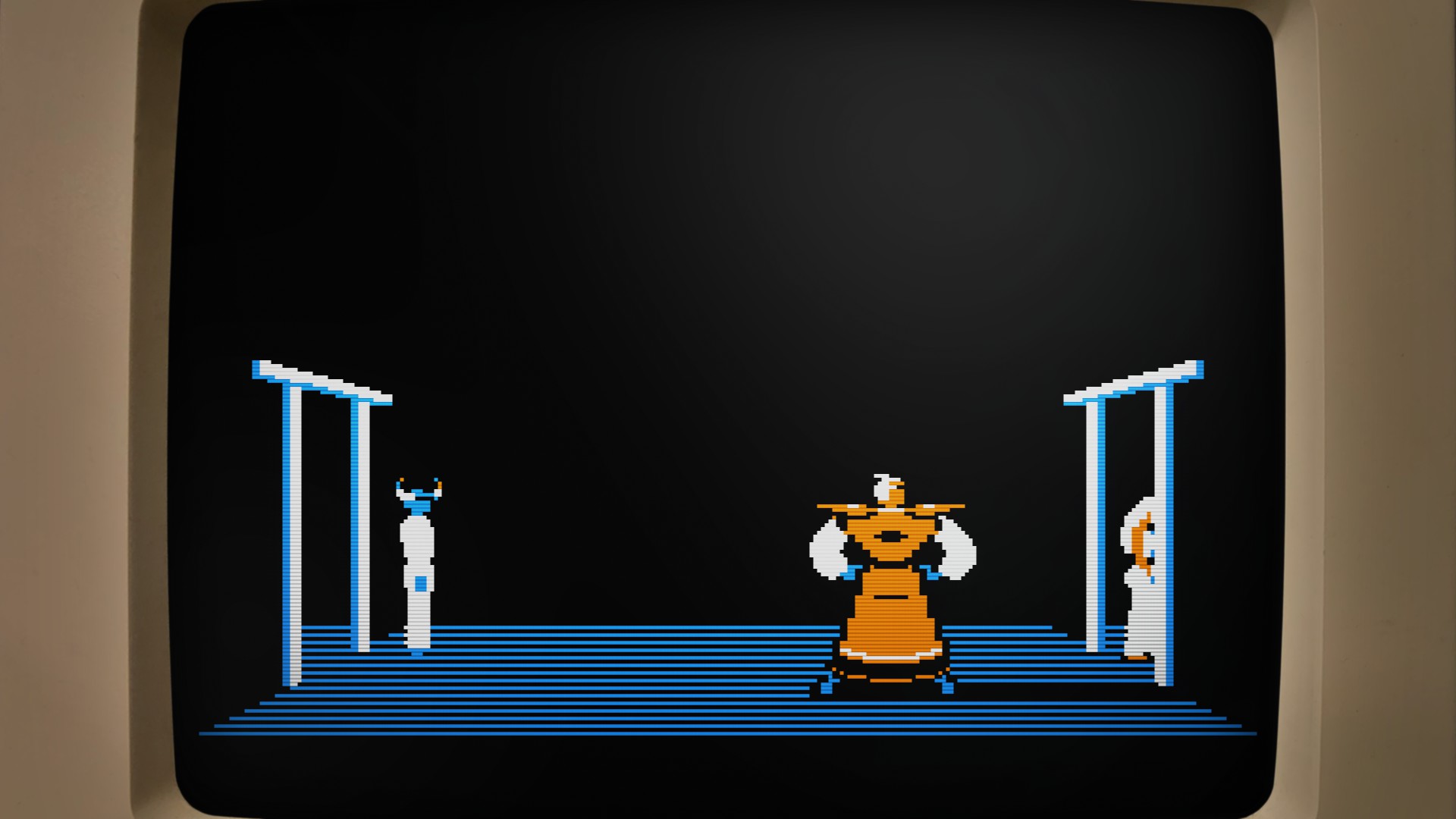
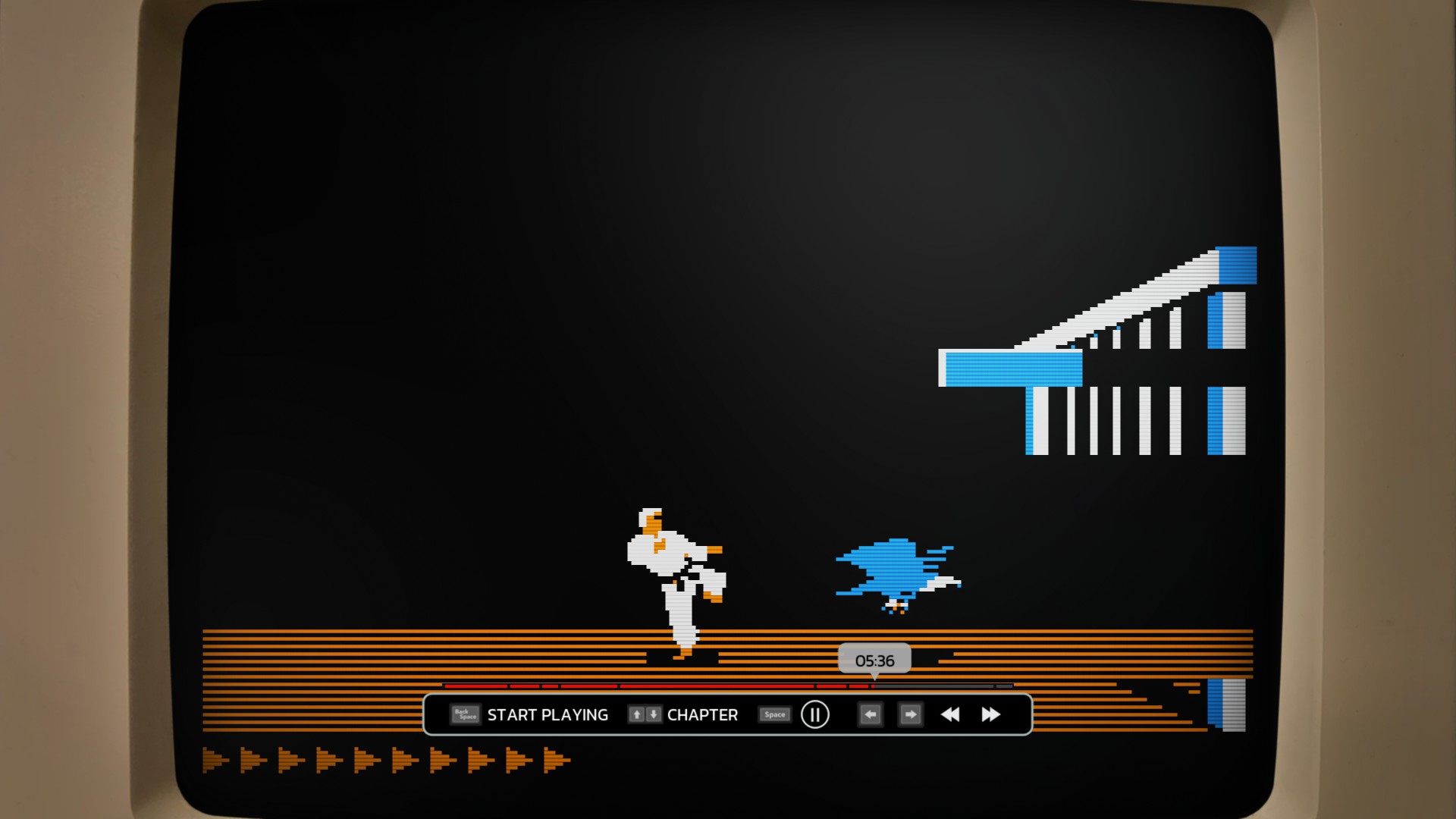
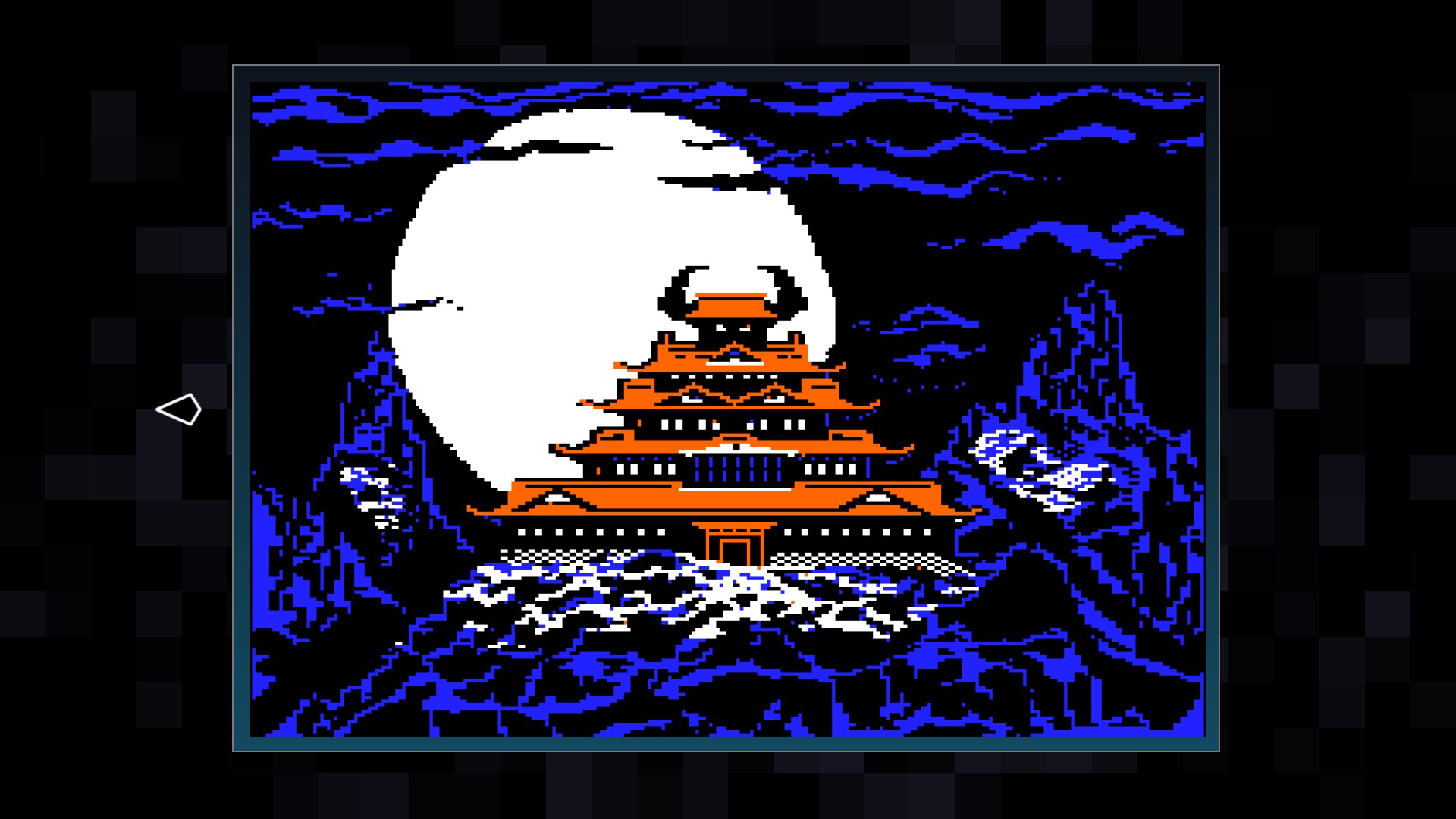
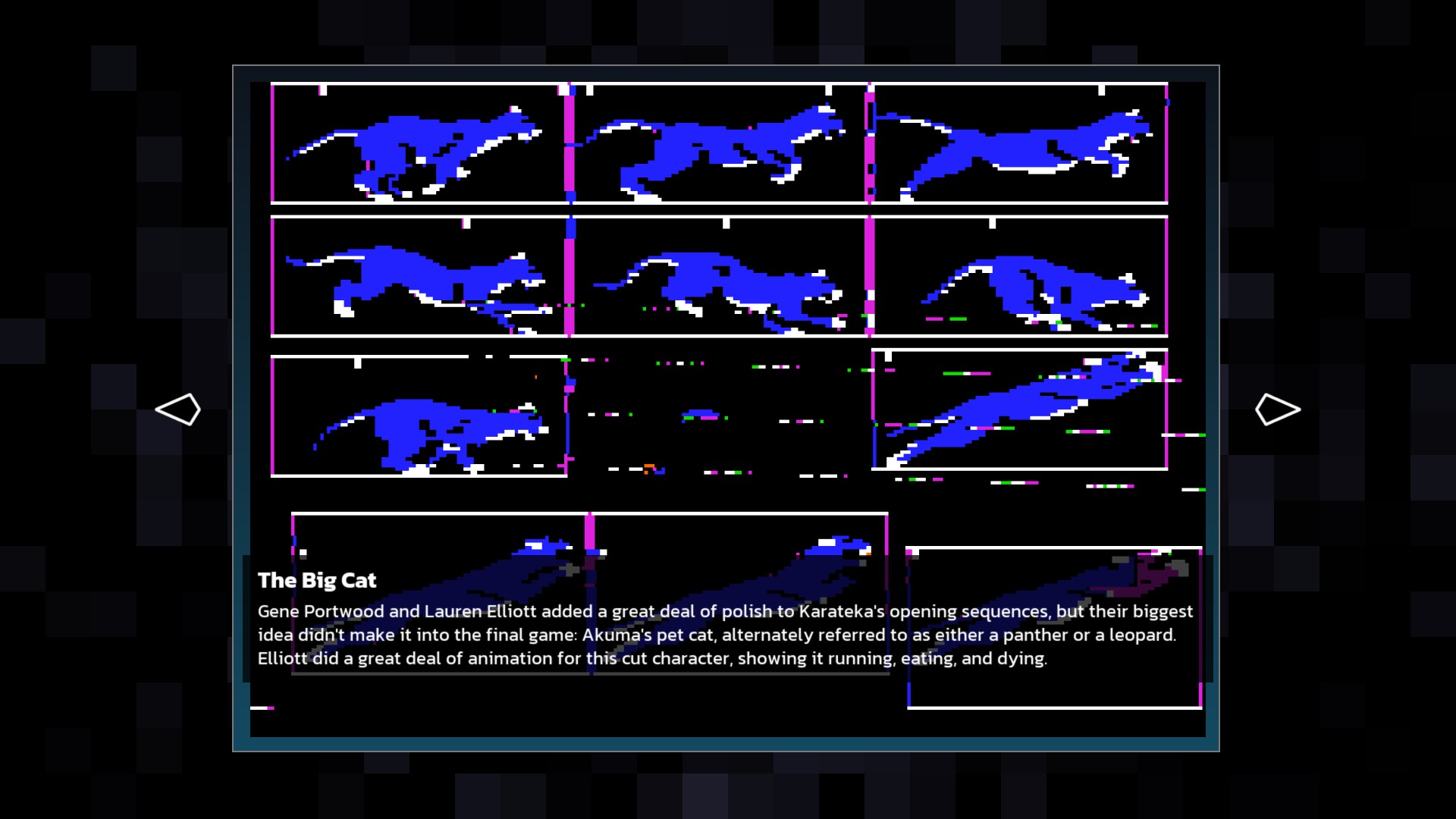
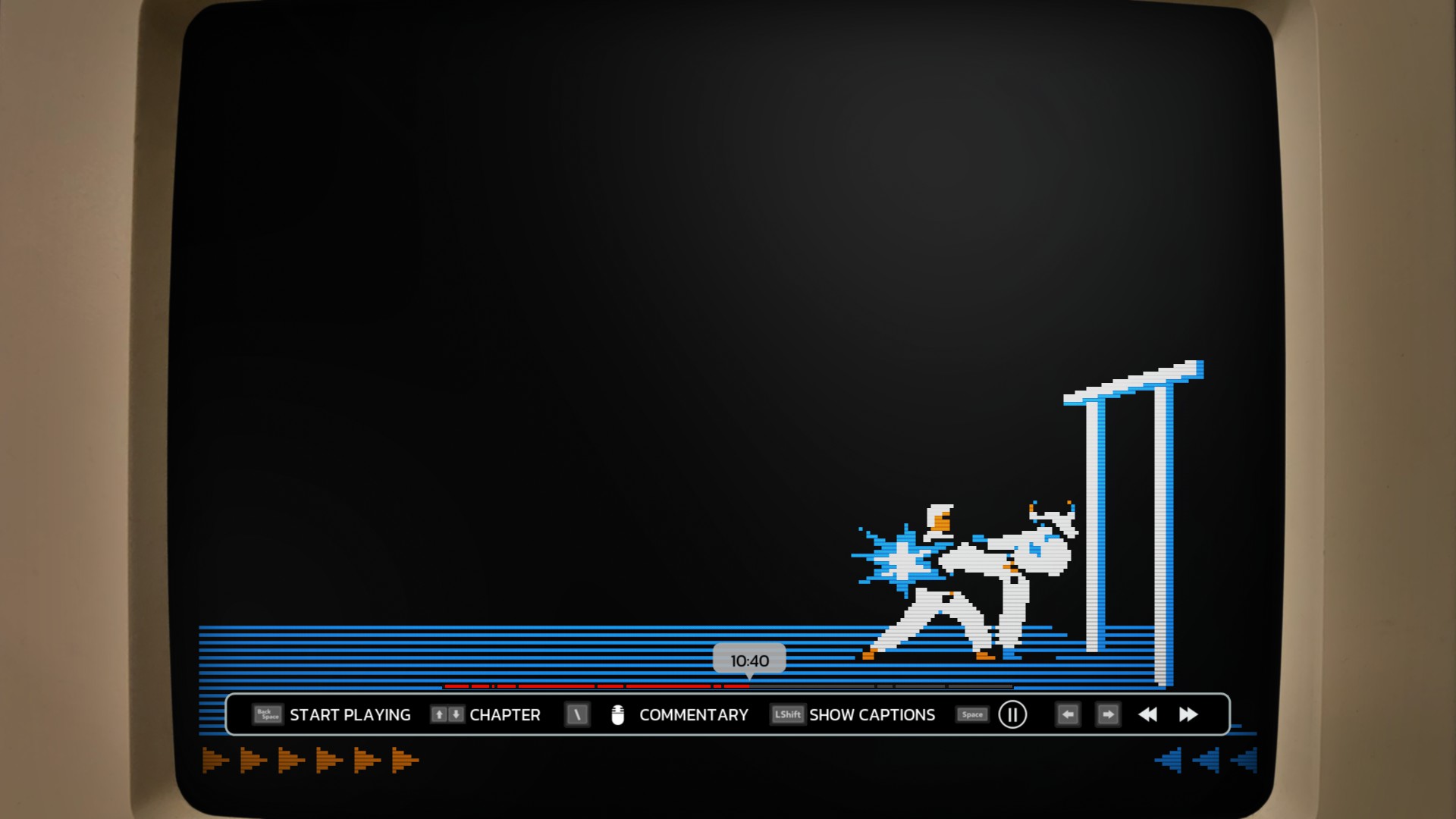
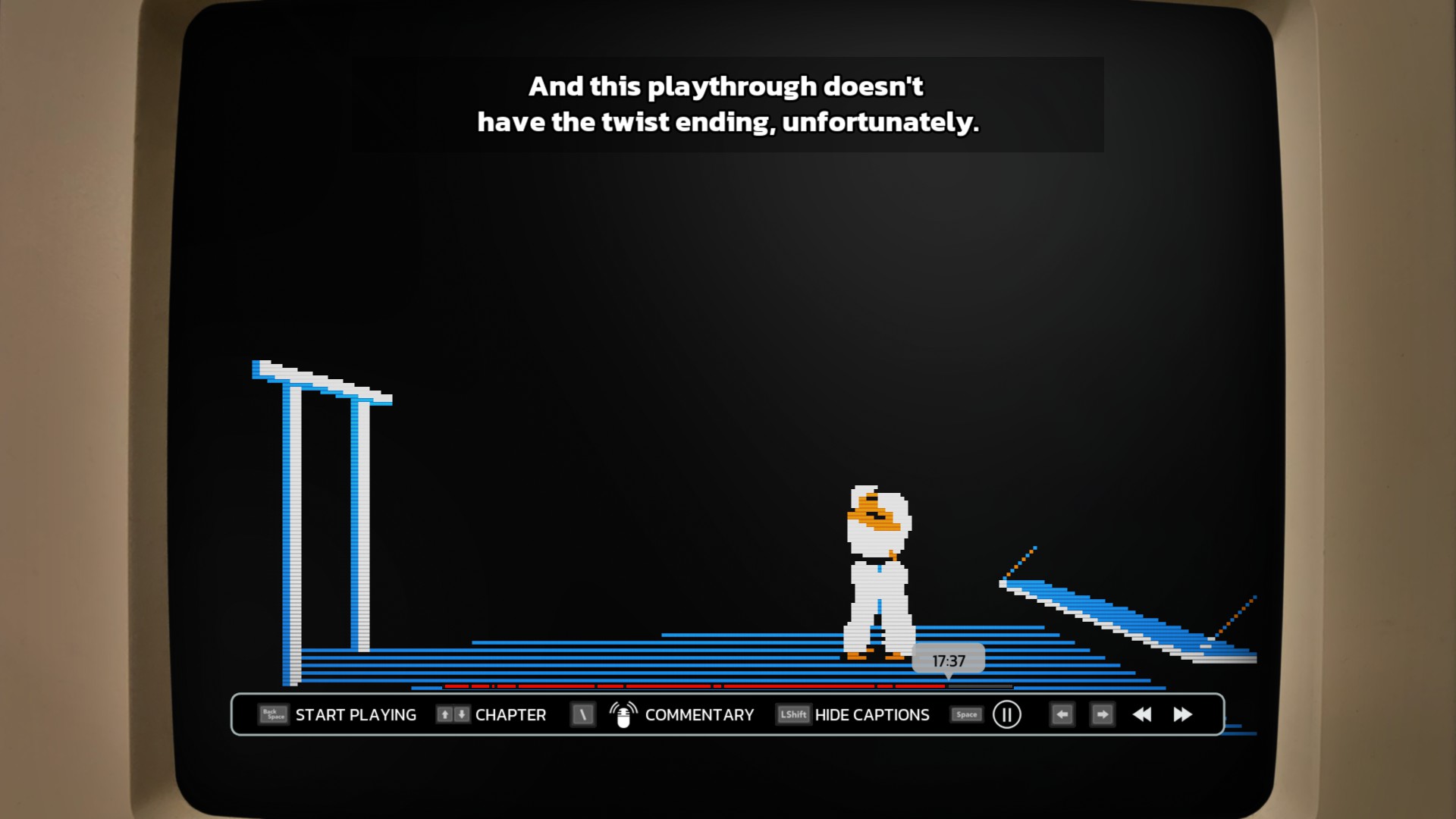
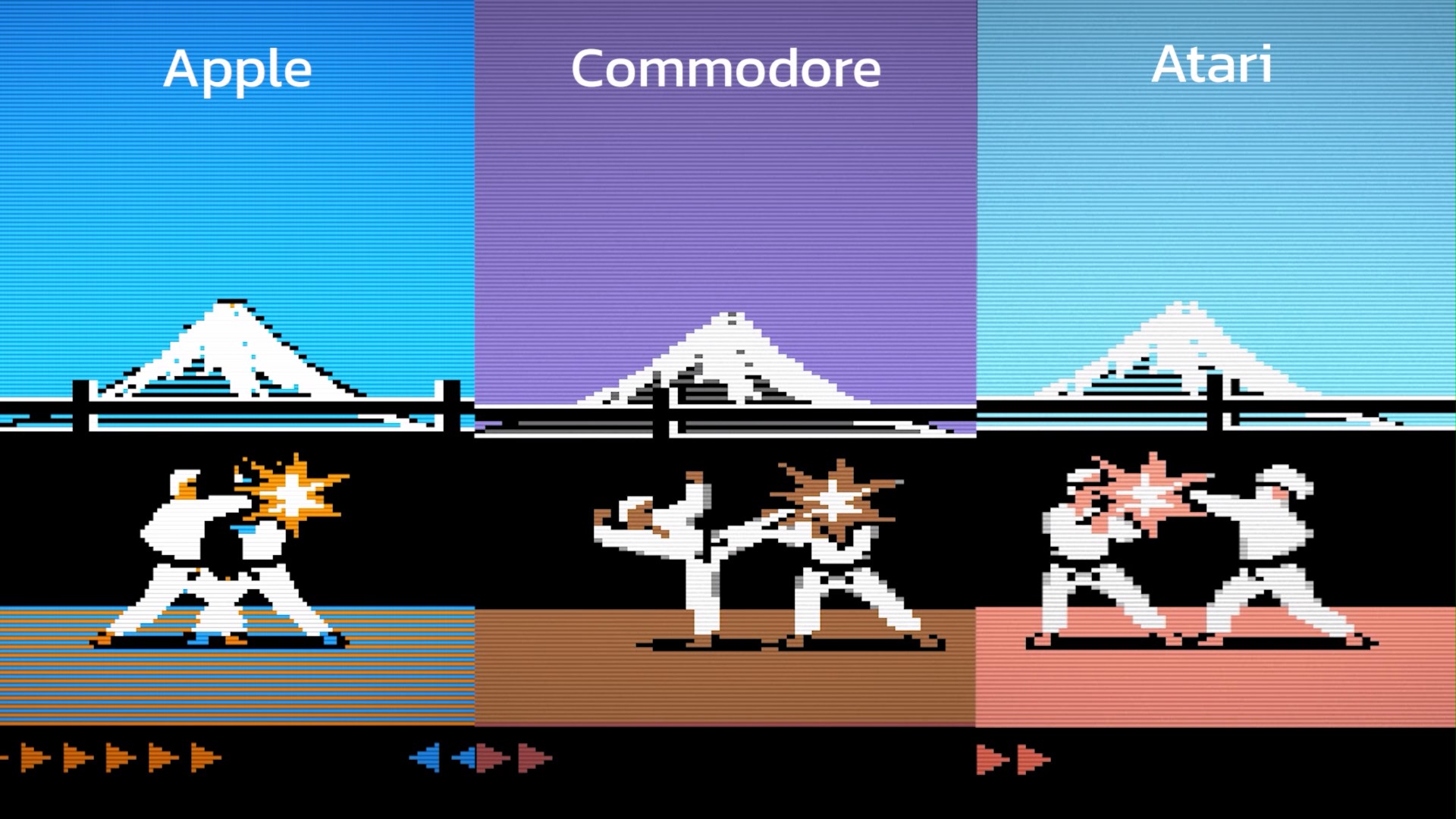
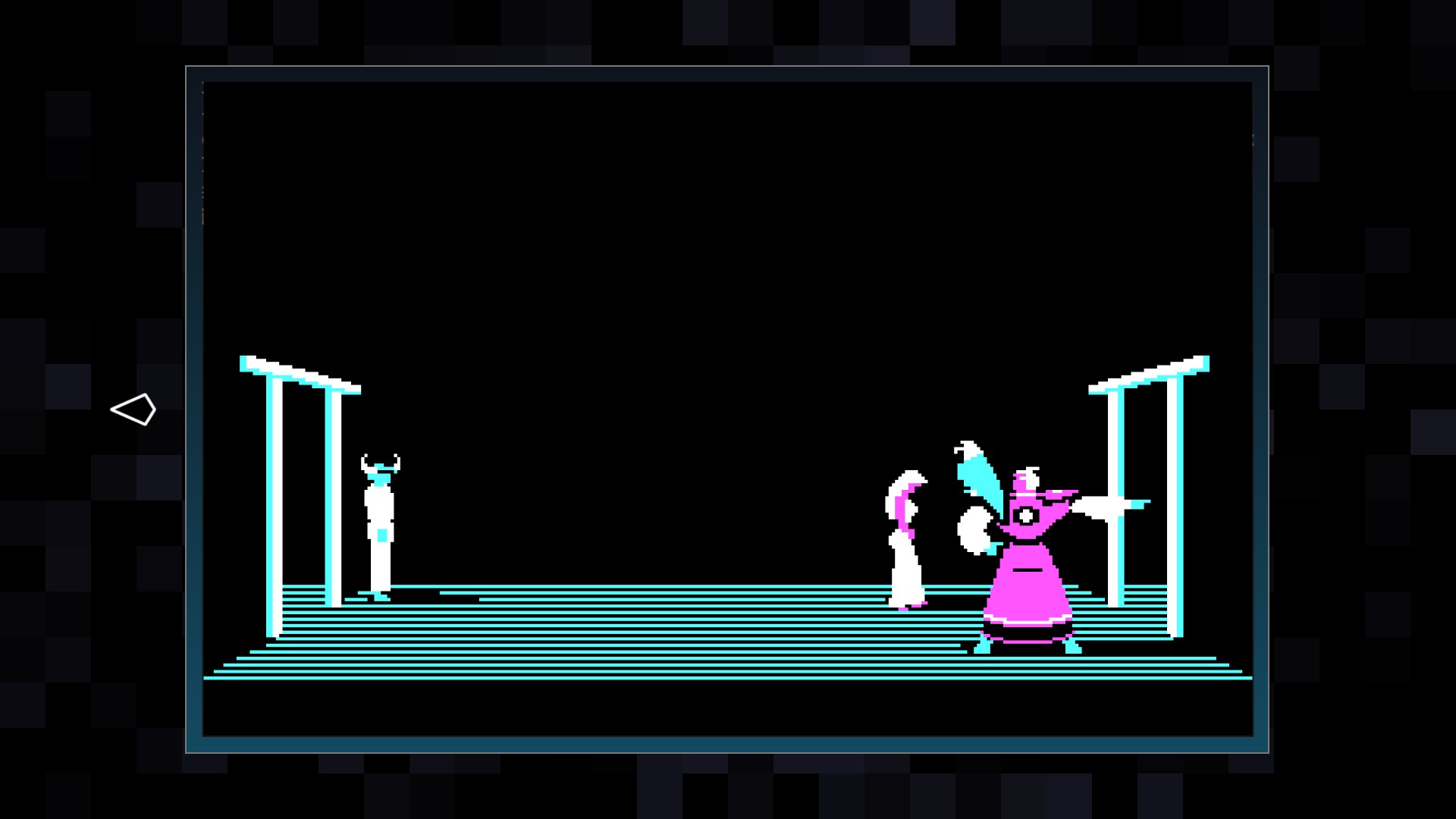
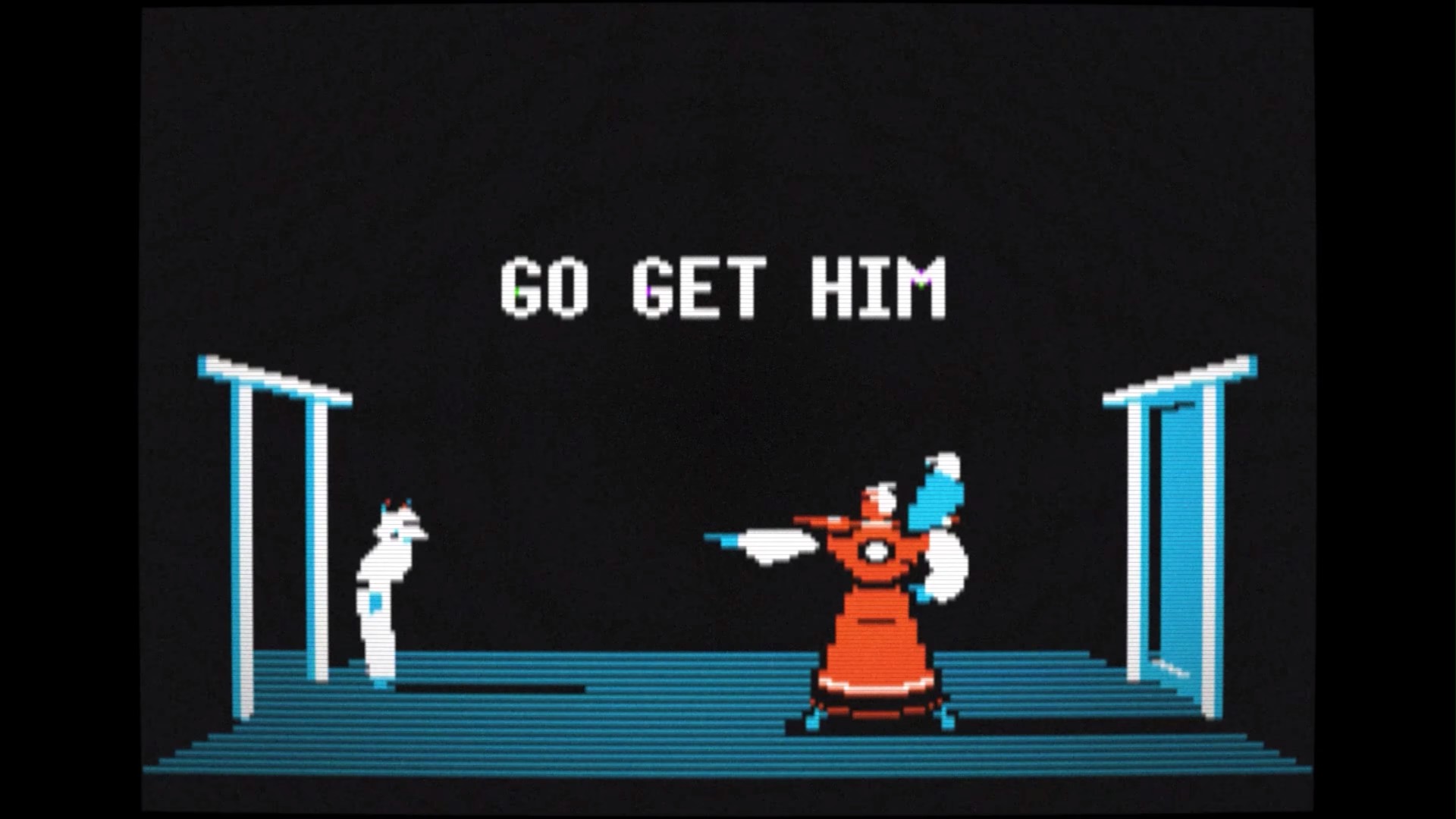
But The Making of Karateka doesn't exist to offer critique—it is appropriately constructed as a historical document that, in turn, should encourage us to develop our own questions. It's easy to see, too, how and why the story of a videogame is best told in the same format, and that Digital Eclipse is wisely seizing upon a specific hybrid of research-driven rigor and playful interactivity that seemingly hasn't been done before. The significance of this docugame cannot be understated in an industry where major studios routinely fail, on a structural and systemic level, to recognize the historical, technological, and cultural importance of their own craft.
The most perplexing thing about The Making of Karateka is that despite its value as a landmark work of game preservation, many people are still engaging with it more as a product, a spectacle replete with Metacritic ratings and the fanboy declaration that Digital Eclipse must now be responsible for doing the same for all "important" classic games. It's the same kind of attitude that holds together the wildly subjective rationale for rankings and "authoritative" lists , which I simply cannot understand being applied to a piece of history and historiography.
At various points in the docugame, Ultima Online and Star Wars Galaxies designer Raph Koster appears to discuss how Jordan Mechner was one of the first to change the way people thought about games through storytelling and filmic language. Digital Eclipse is now doing something similar with the way people think about game preservation, and if their work means encouraging gamers to consider the value of history as a matter of posterity over profit, then we're on the way there.
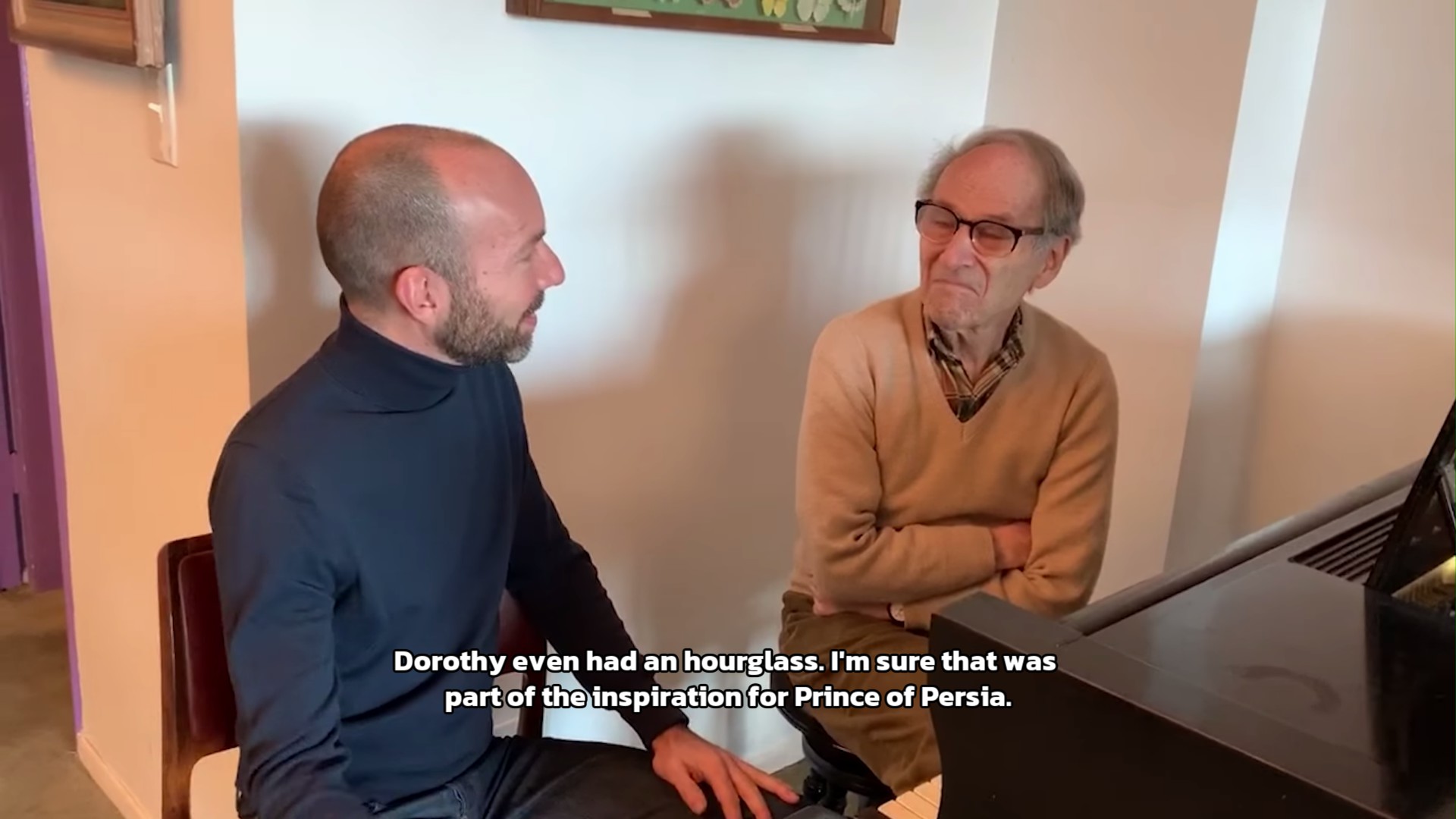
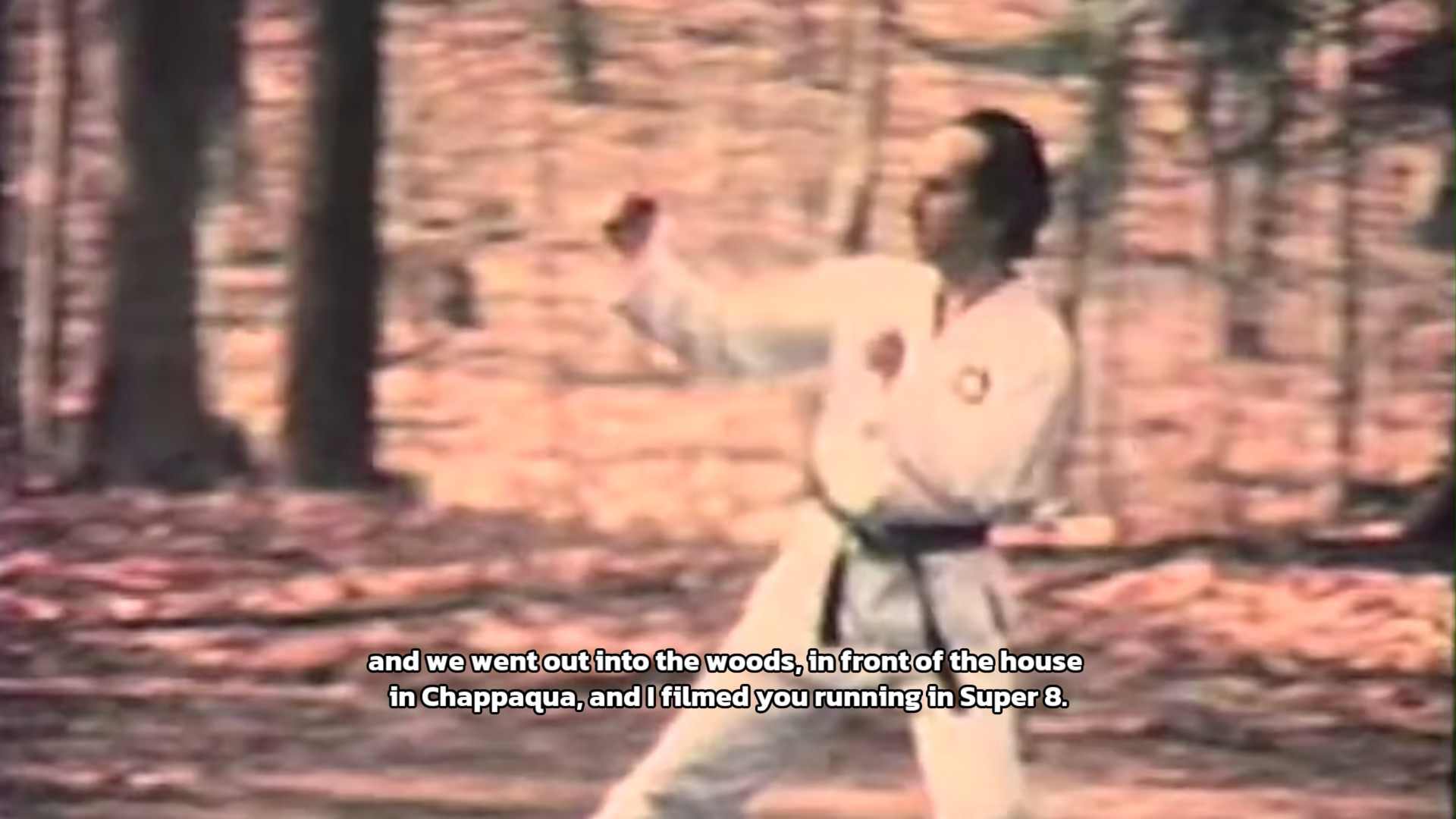
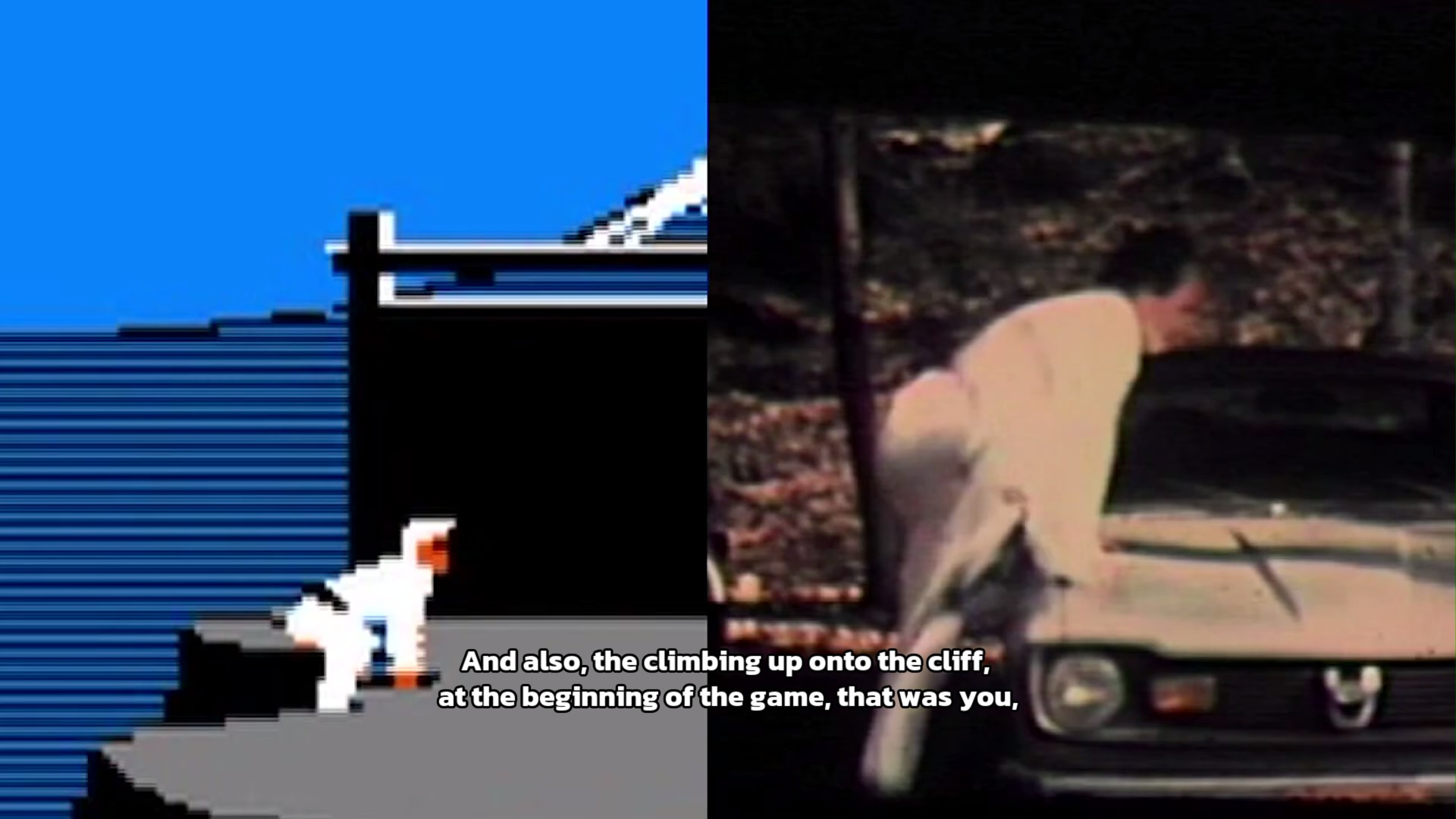
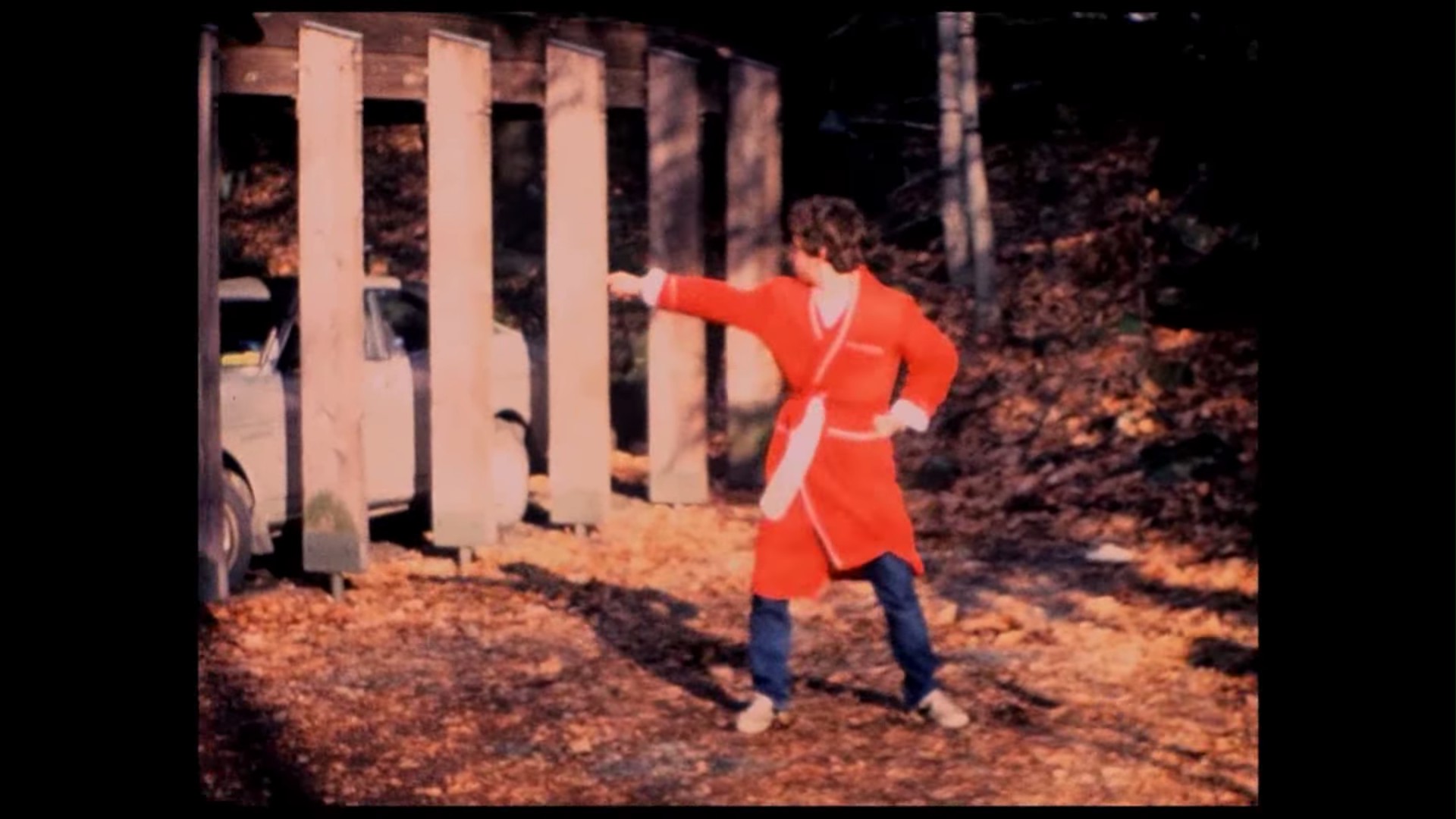
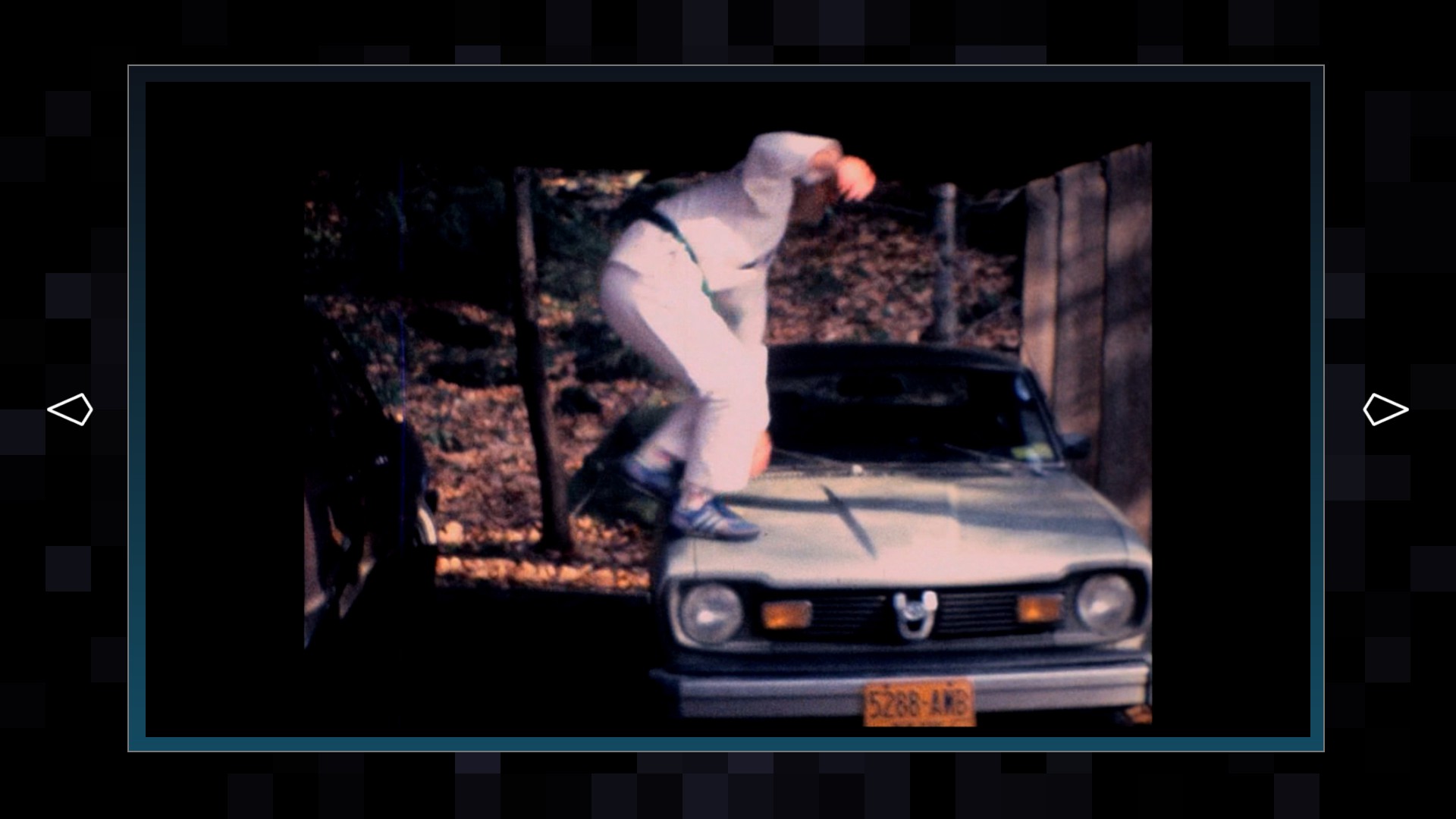
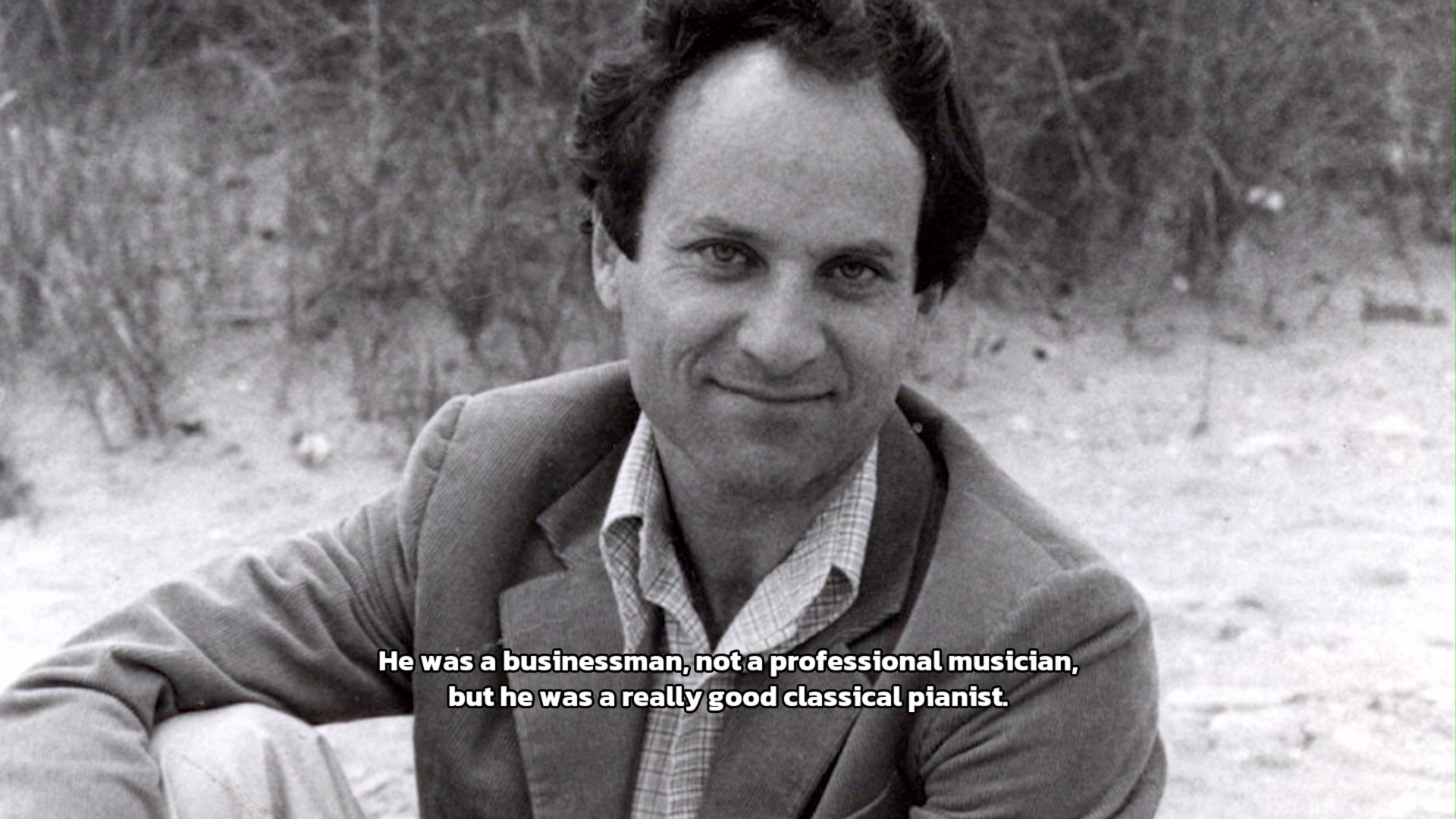
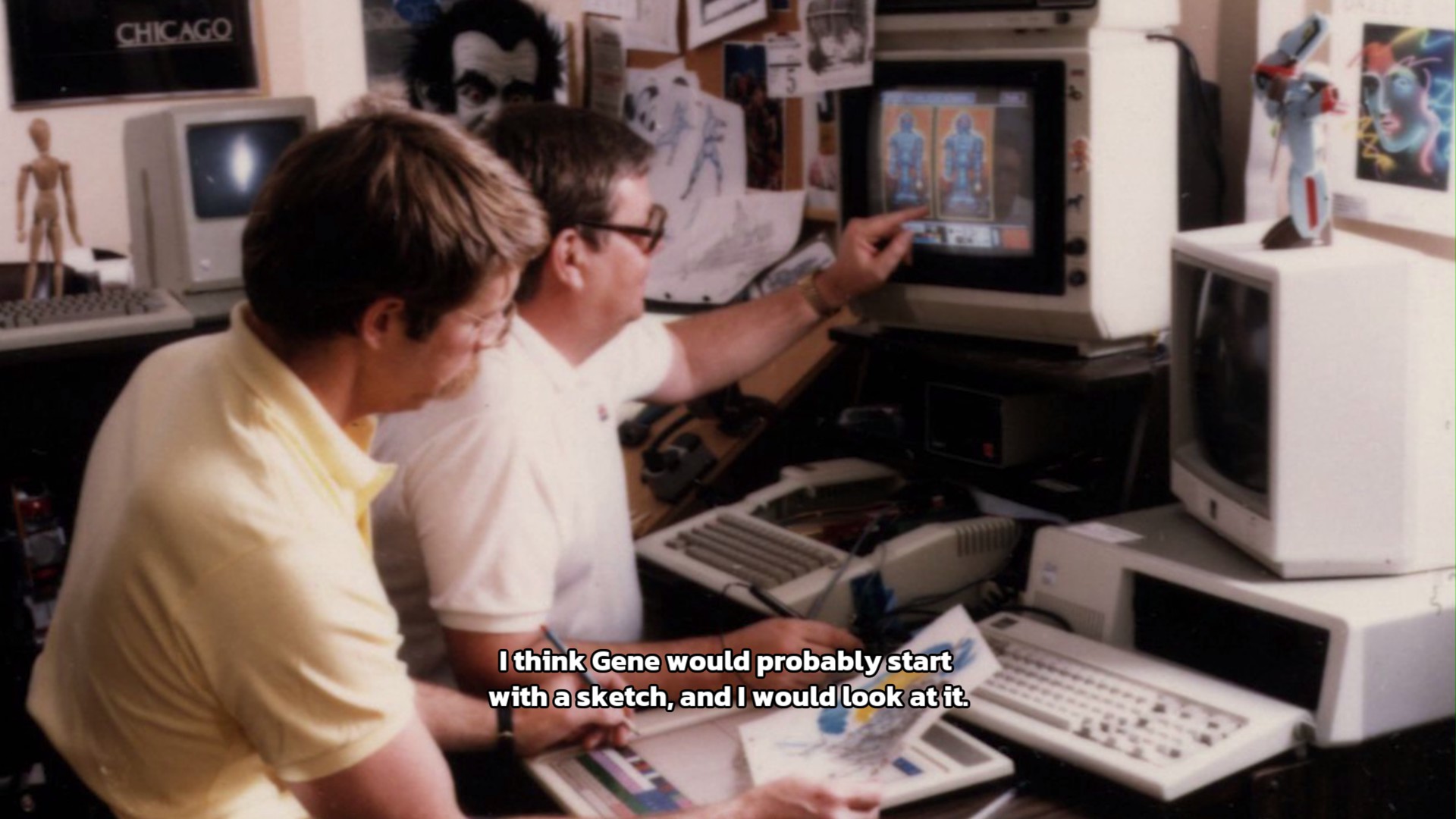

But projects like The Making of Karateka can't be the sole purview of one feted studio or company, or exclusive monomythical in-groups made up of the same industry veterans. Digital Eclipse isn’t going to swoop in and save your favorite game from cultural extinction; it’s clear that no-one is going to do this work except niche game preservationists, underfunded archivists, hobbyists and fans, because successful preservation is, above all, a collective community effort.
For things to change, there needs to be a new industry-wide mindset and methodology that developers apply to their own work, especially now that we live and operate in a digital-first world. It has to be a concerted push by developers to preserve their work in corporate environments that don't care about old things, or are particularly litigious about piracy and emulation—literally the last line of defence against obsolescence for so many important games.
The Making of Karateka was possible because Jordan Mechner kept so much hard analogue development material, and because Digital Eclipse was able to give it literal years of care and attention as befitting a documentary project. It's hard to imagine the same treatment being given to the history of a triple-A game with thousands of workers, probably egregious labor practices and internal regulations that hinder the transparency and research required.
Karateka was the perfect game to galvanize discussion about the way we think about game history. In an ideal world, the "docugame" genre will flourish into a diverse microcosm of stories with established standards of academic rigor and research principles. Hopefully it's the first of many Digital Eclipse will make—but what matters more is other game studios following their example, capturing the very weirdest and wildest projects and stories for posterity before they disappear.
